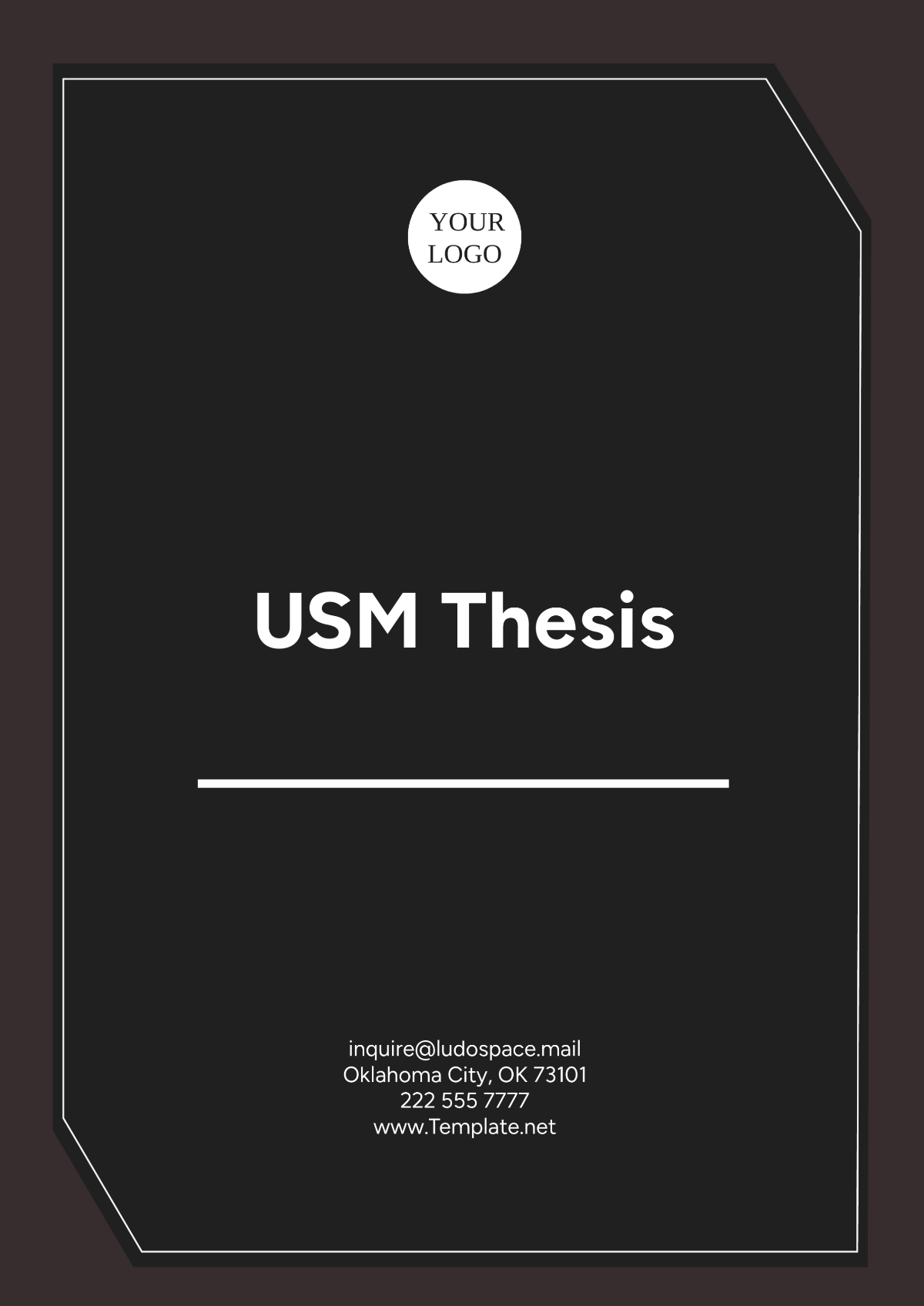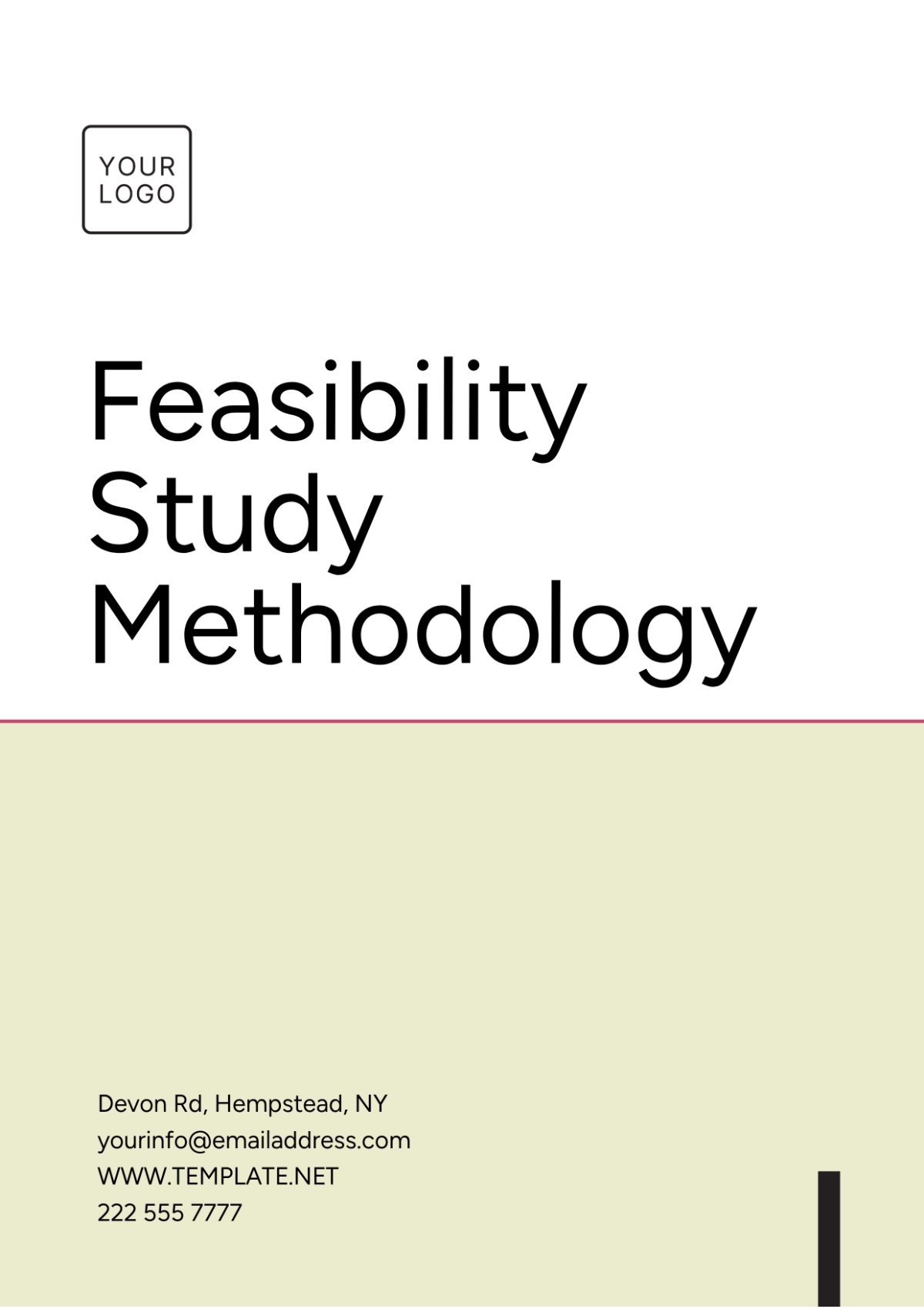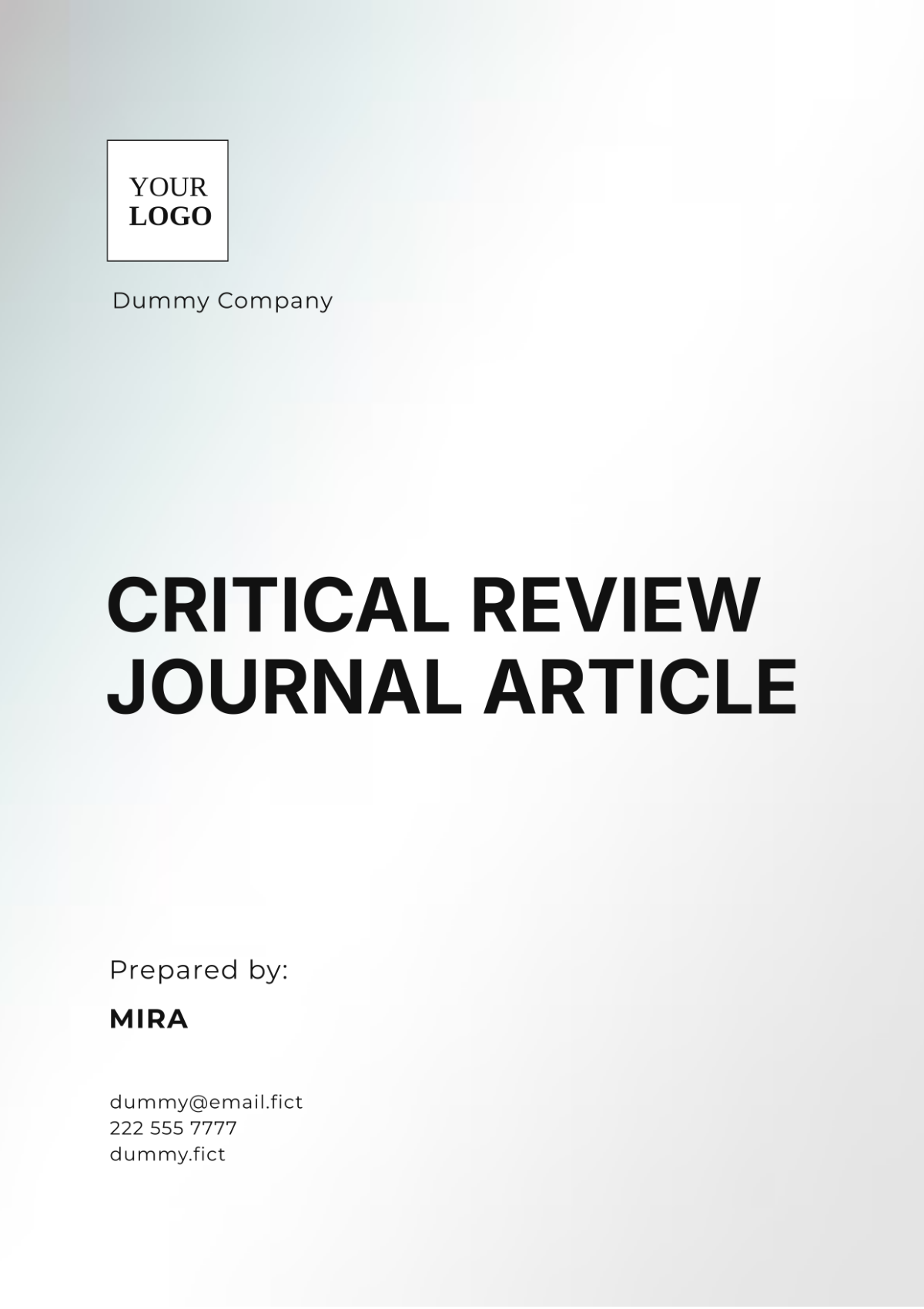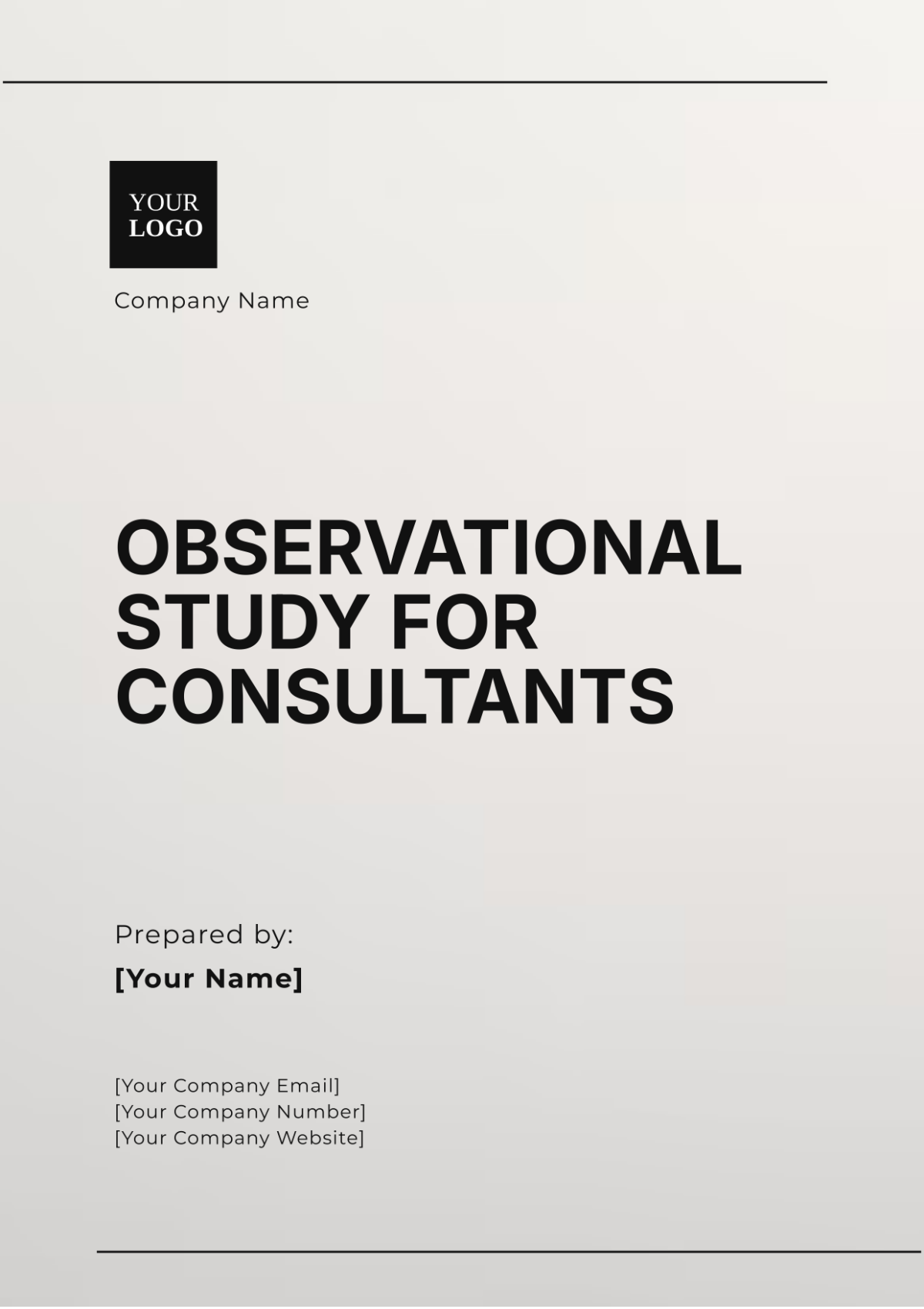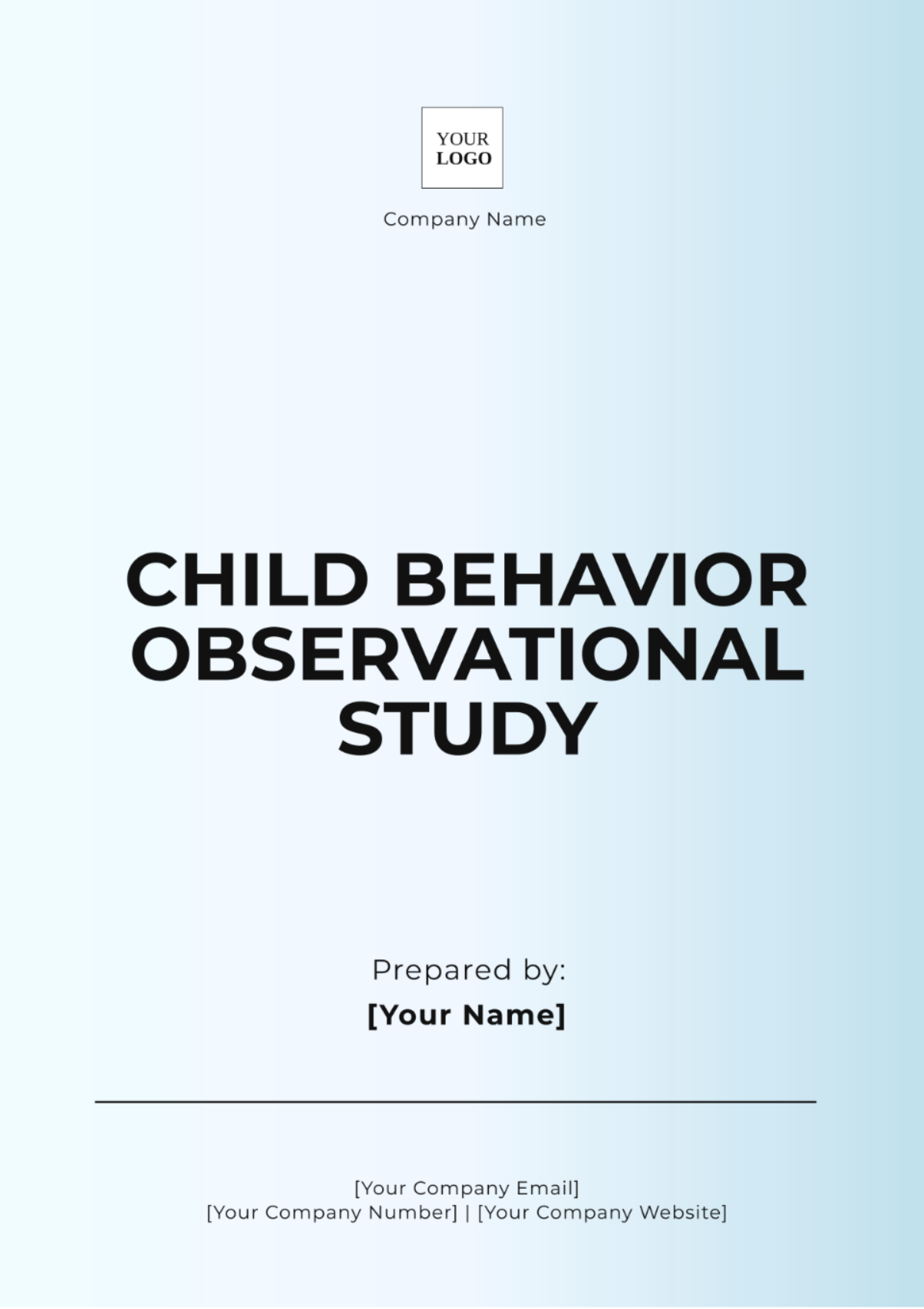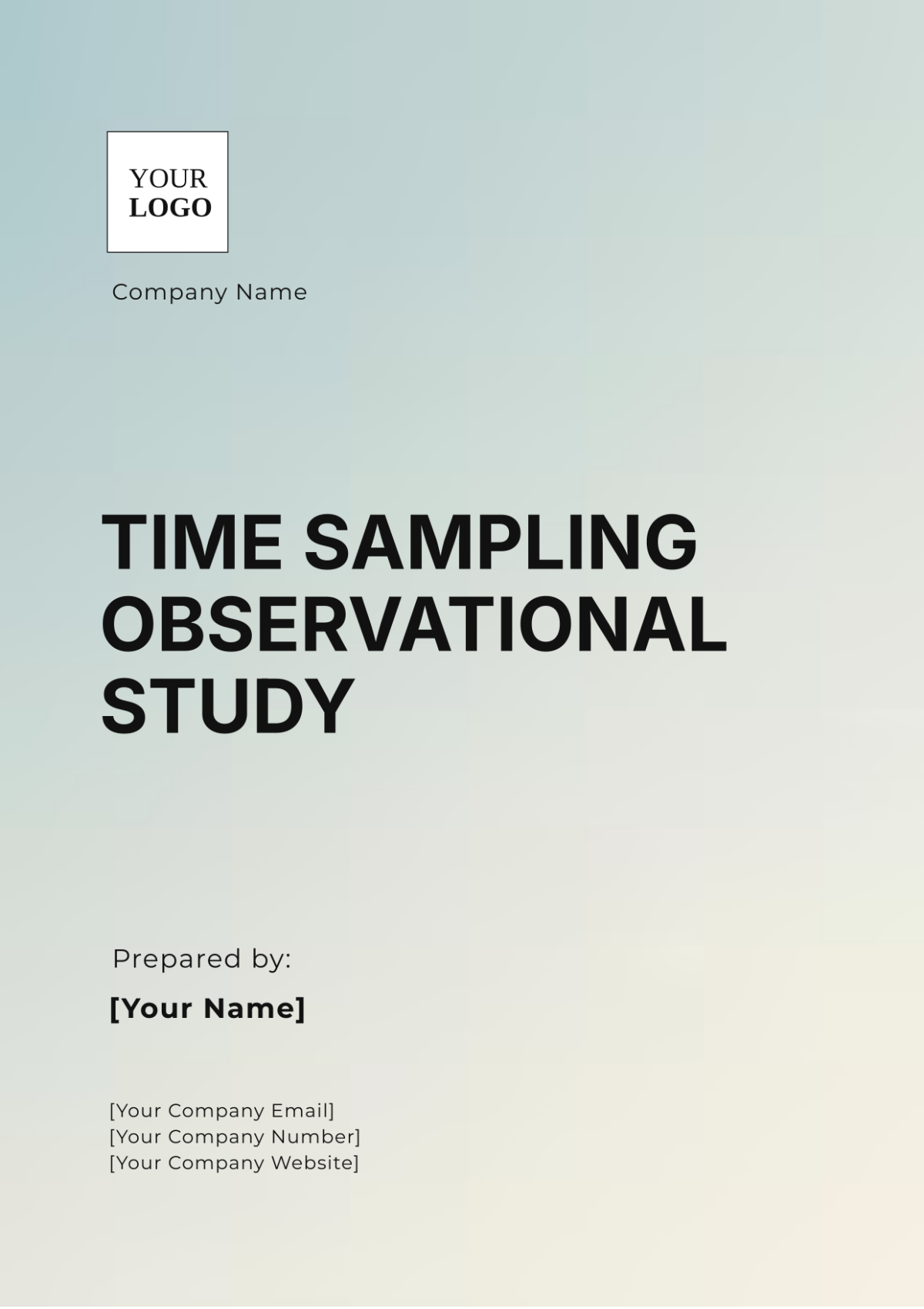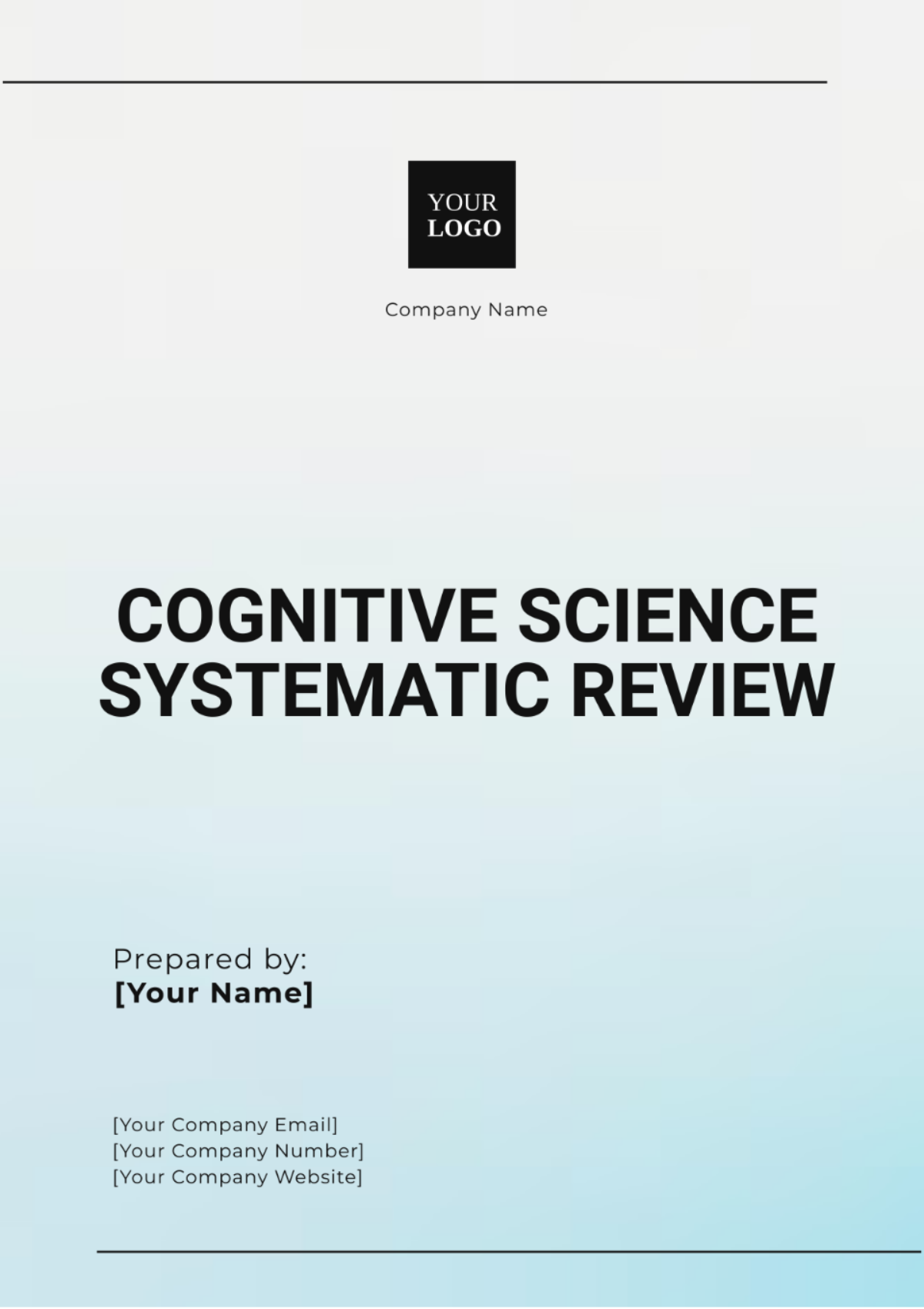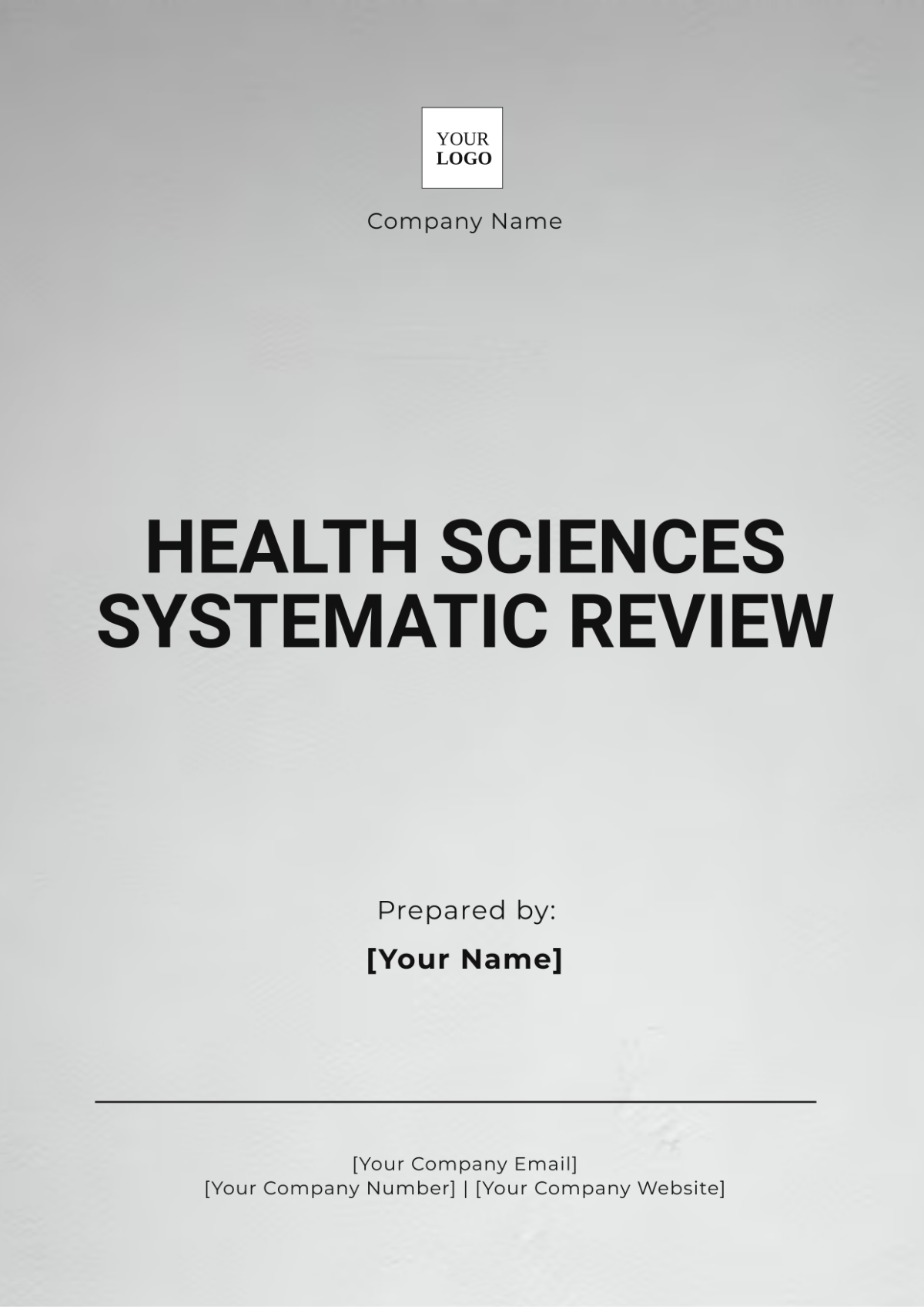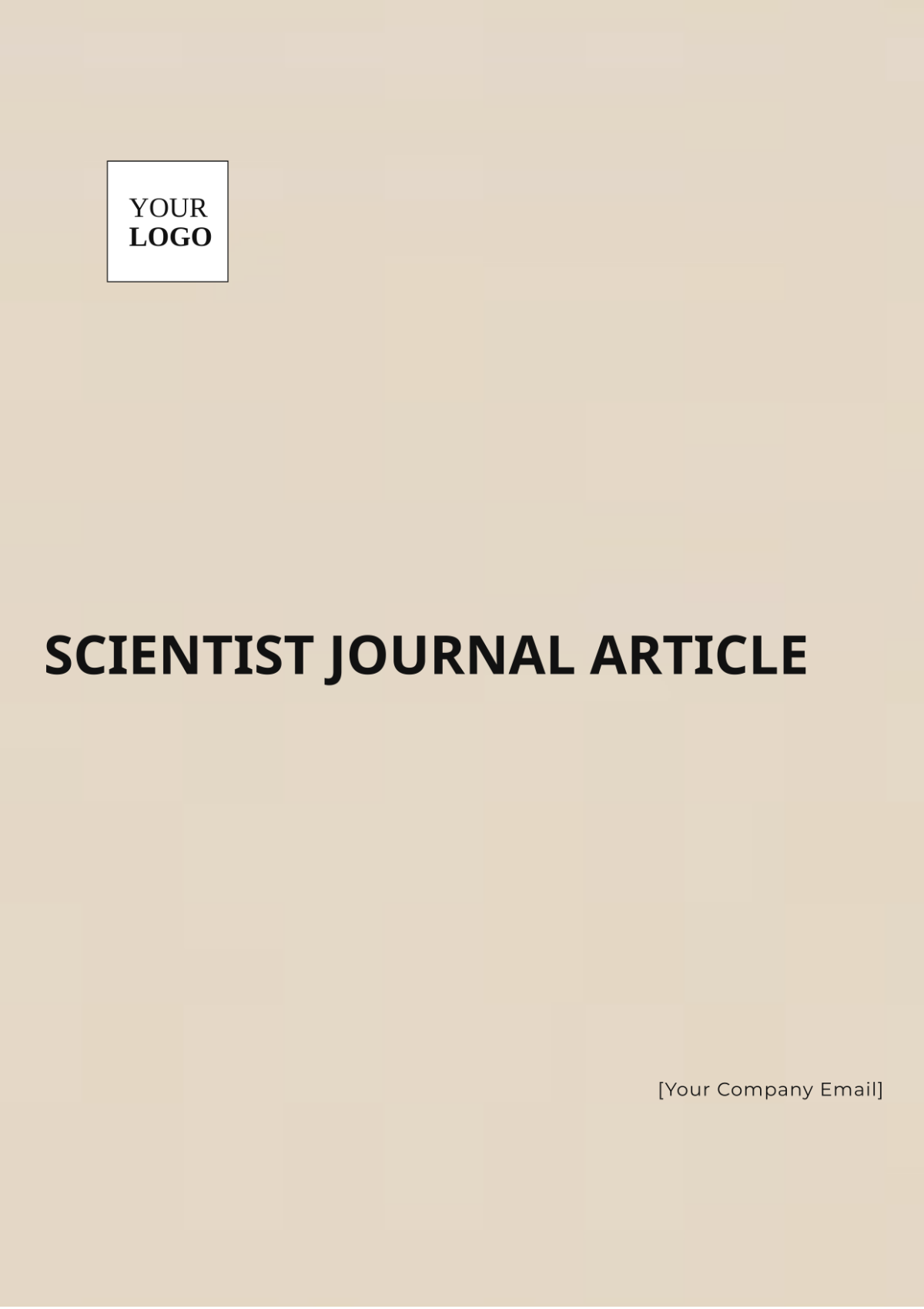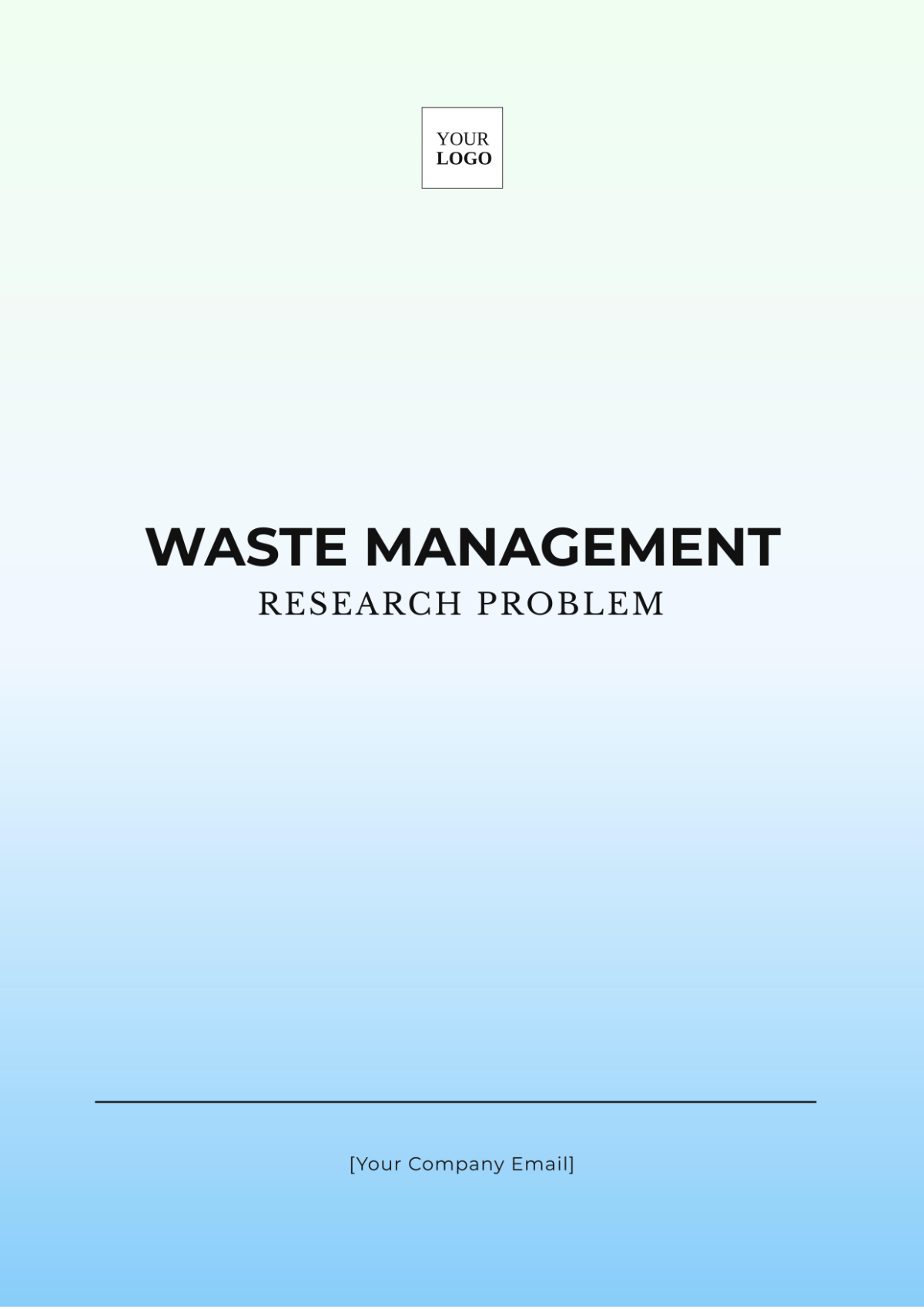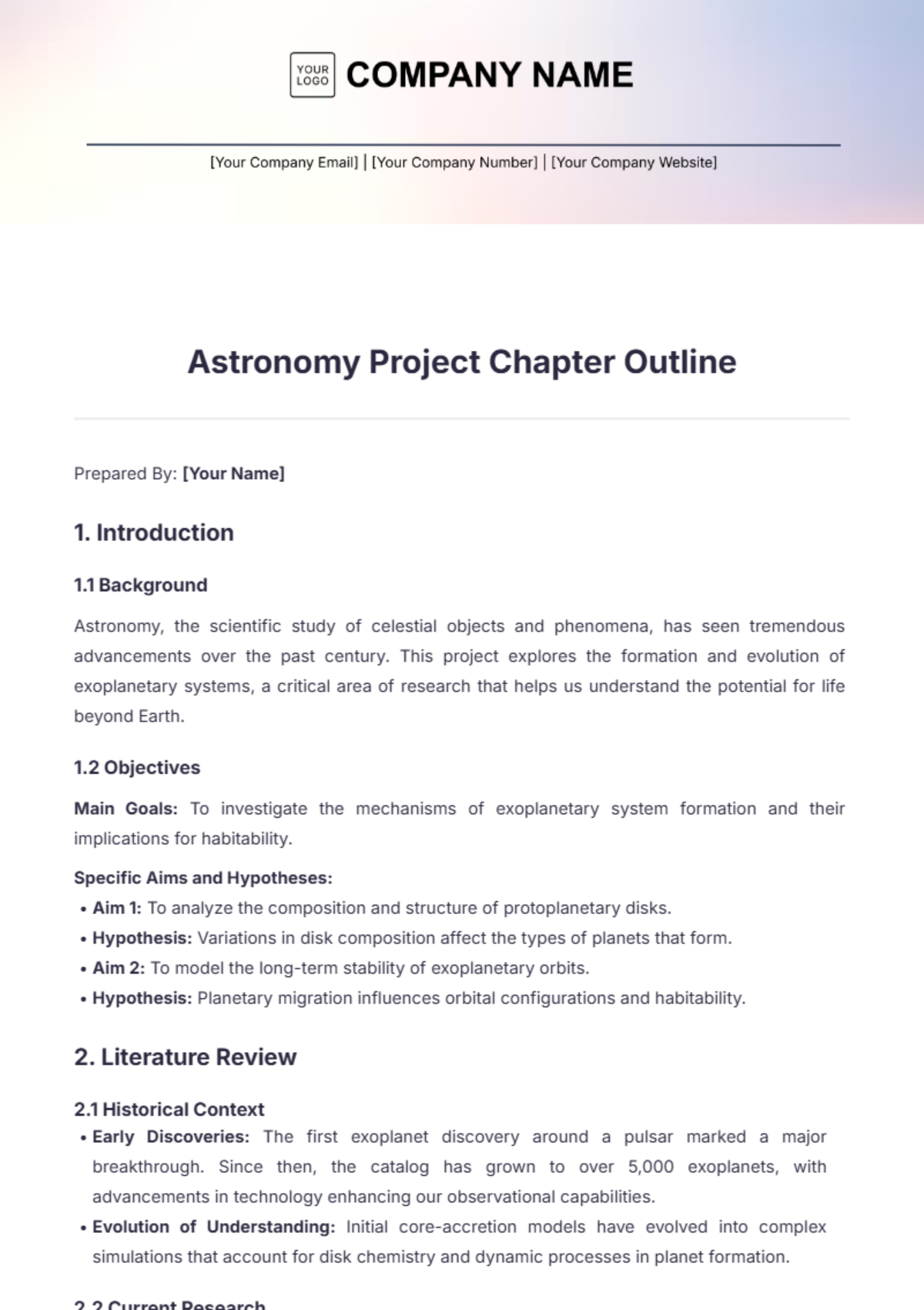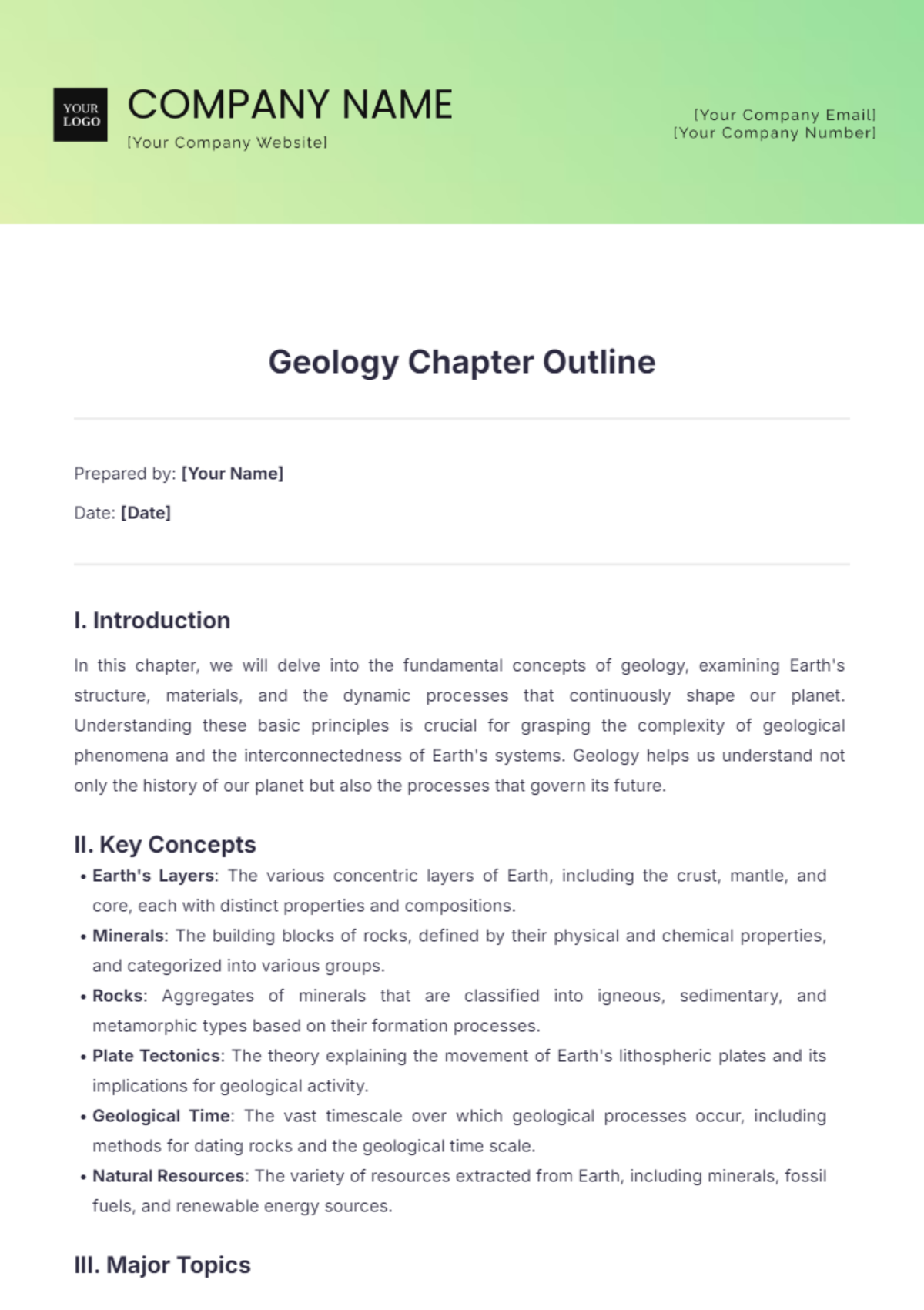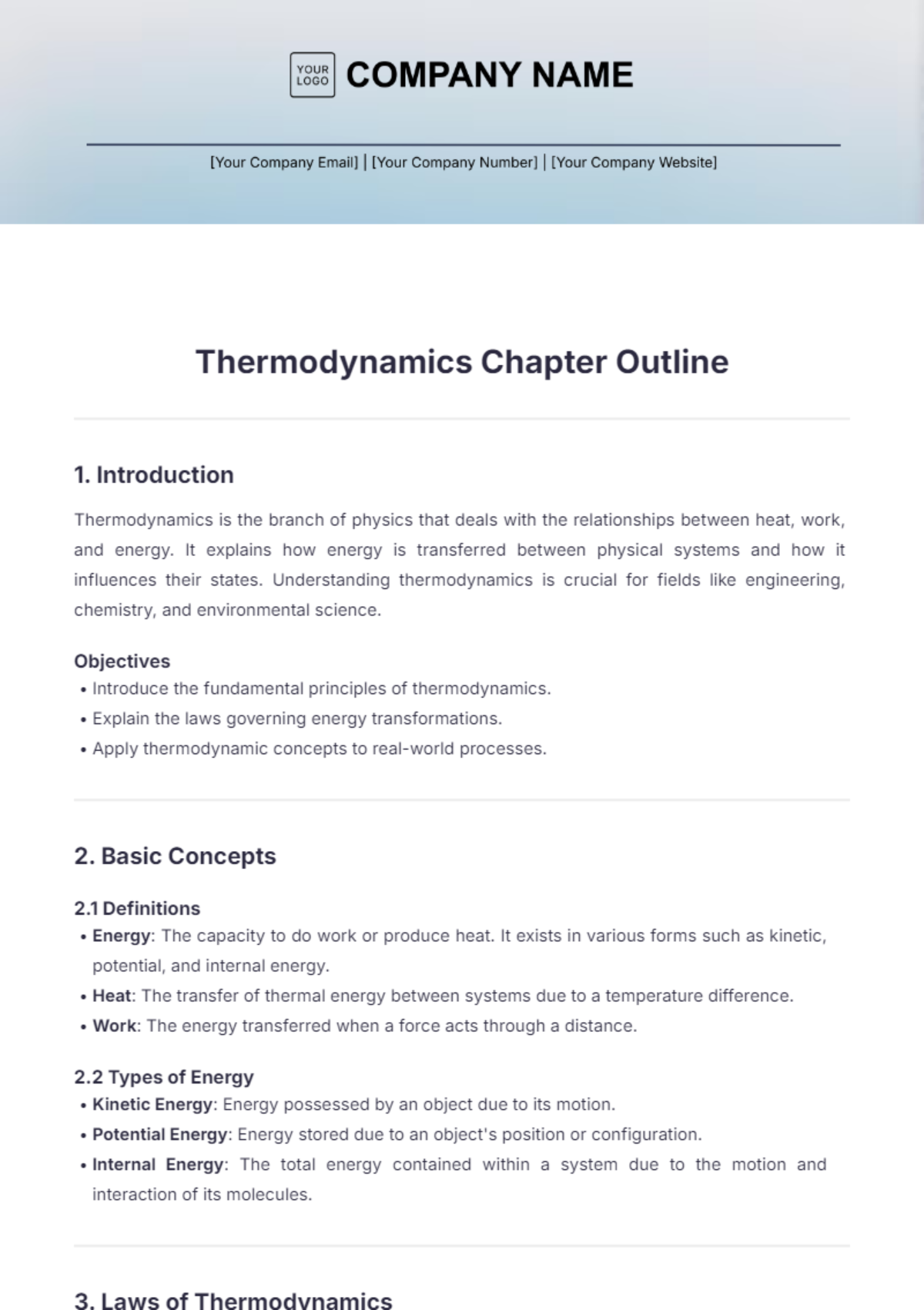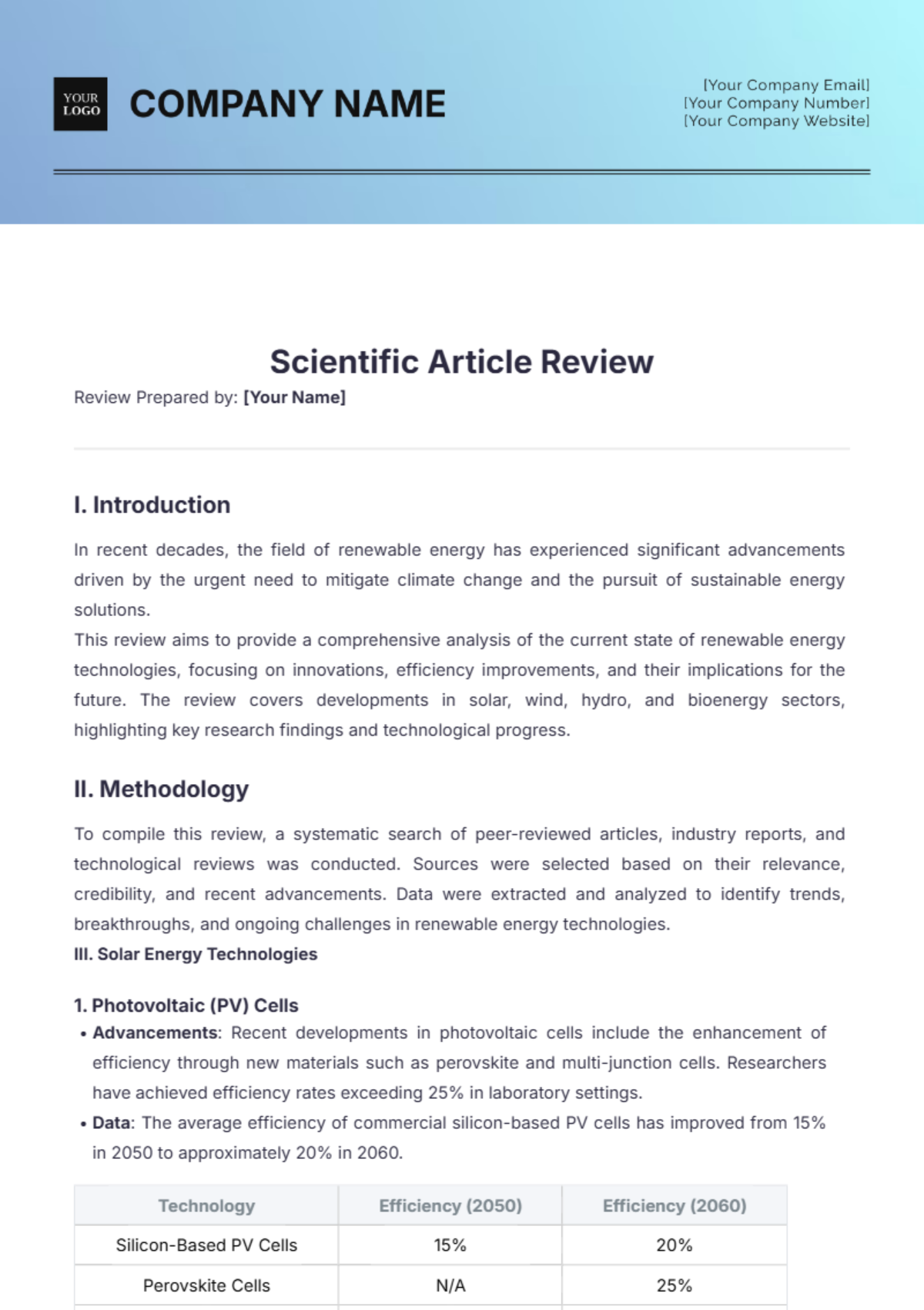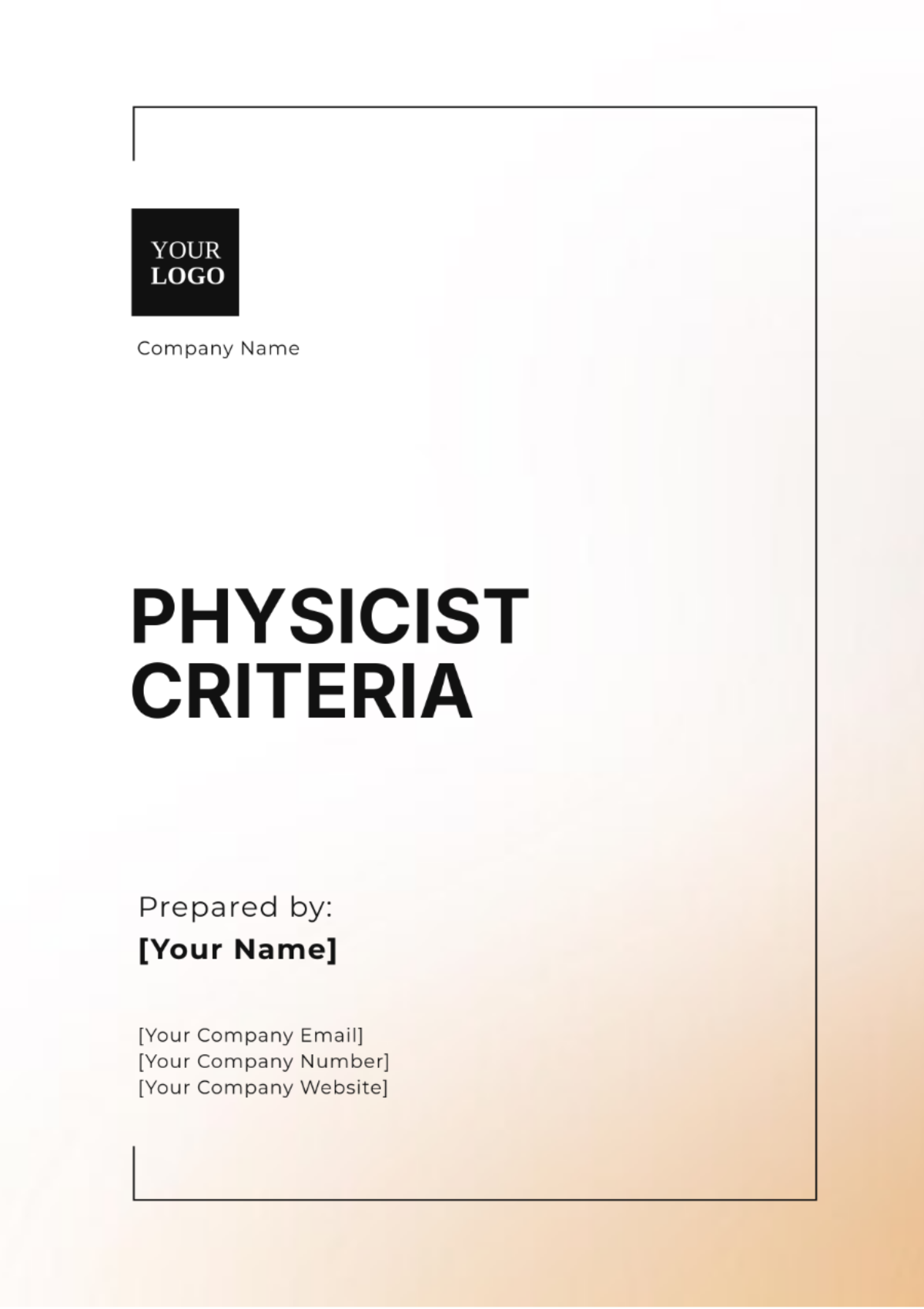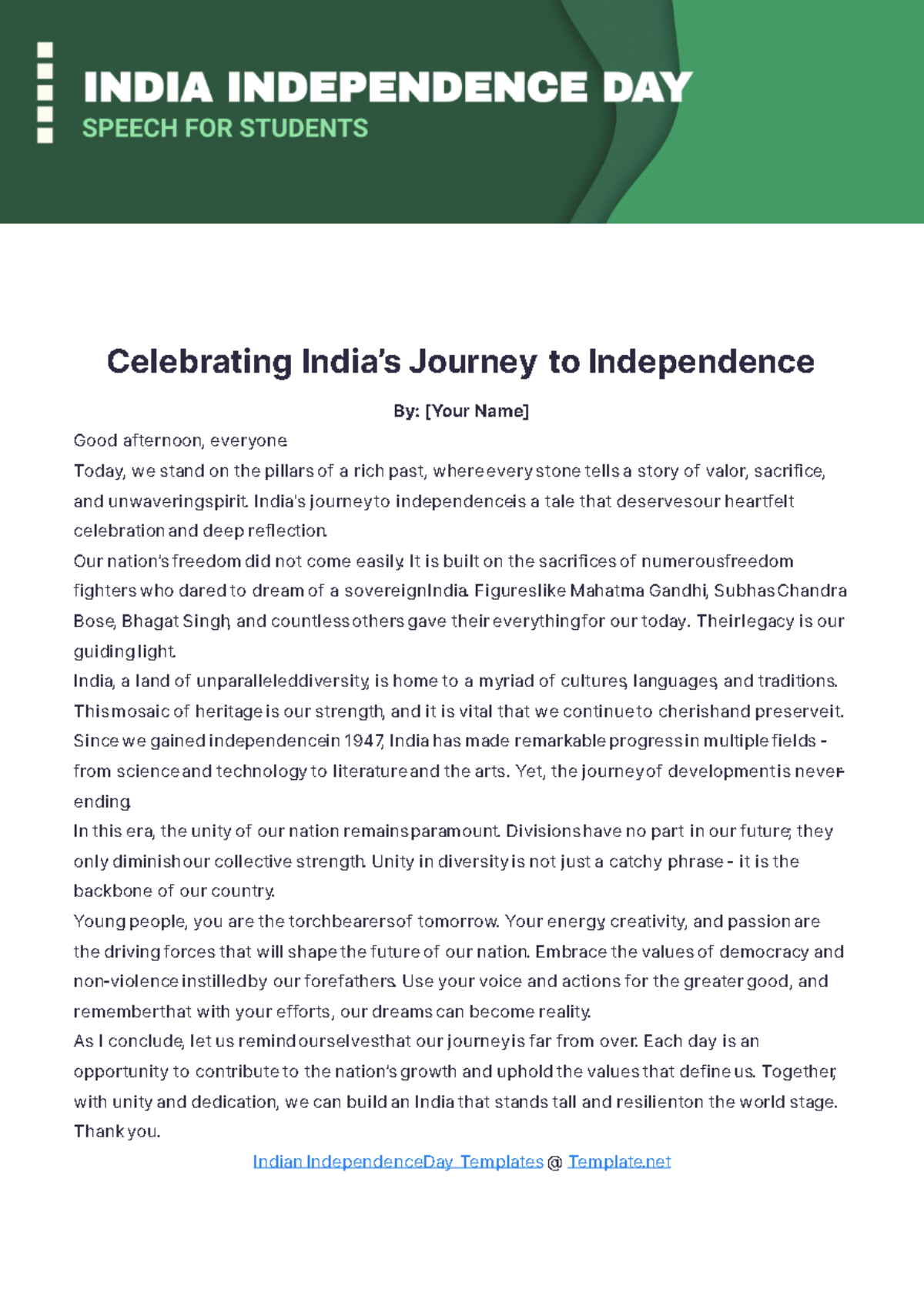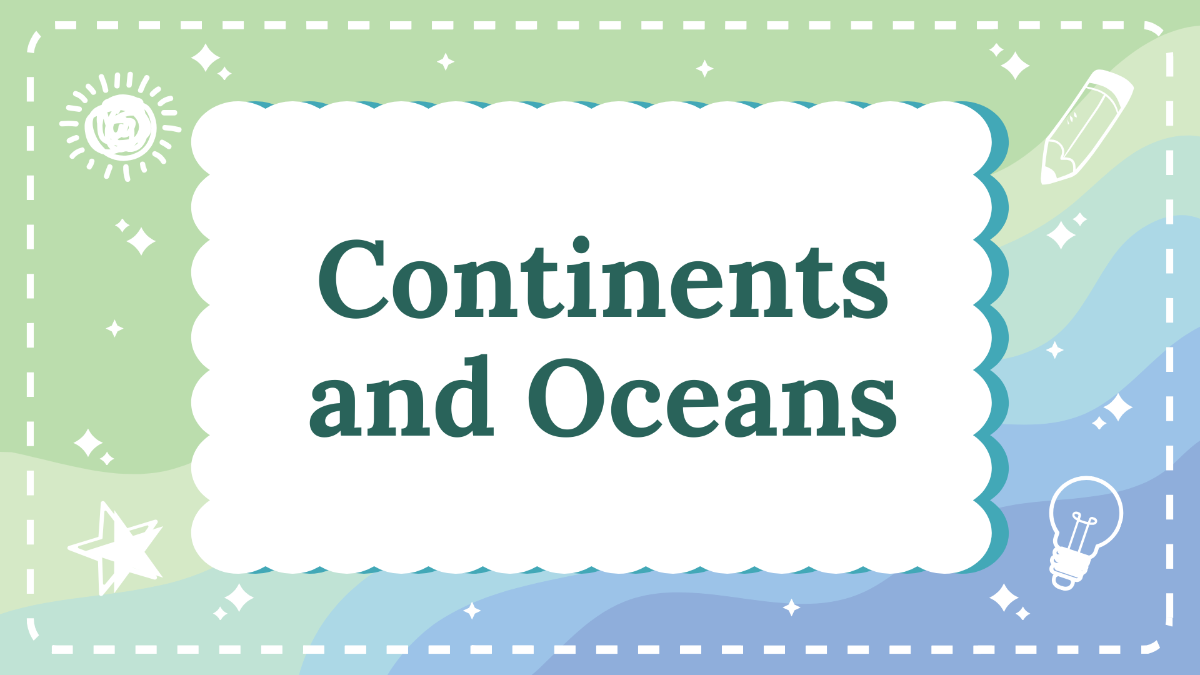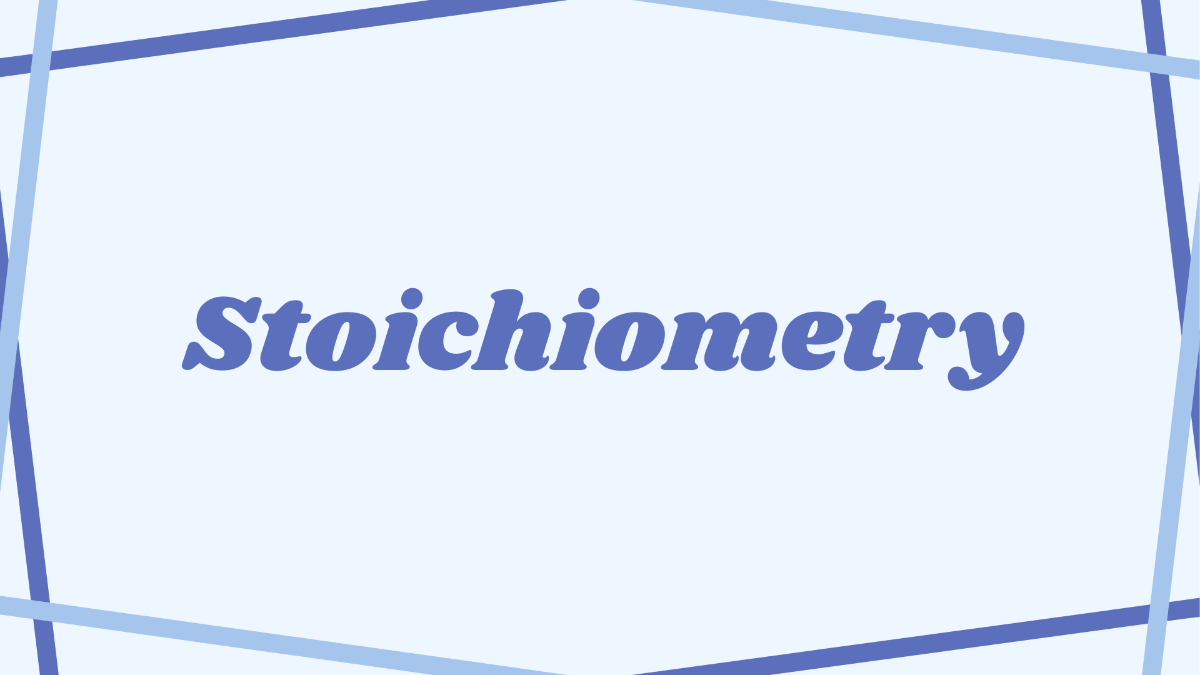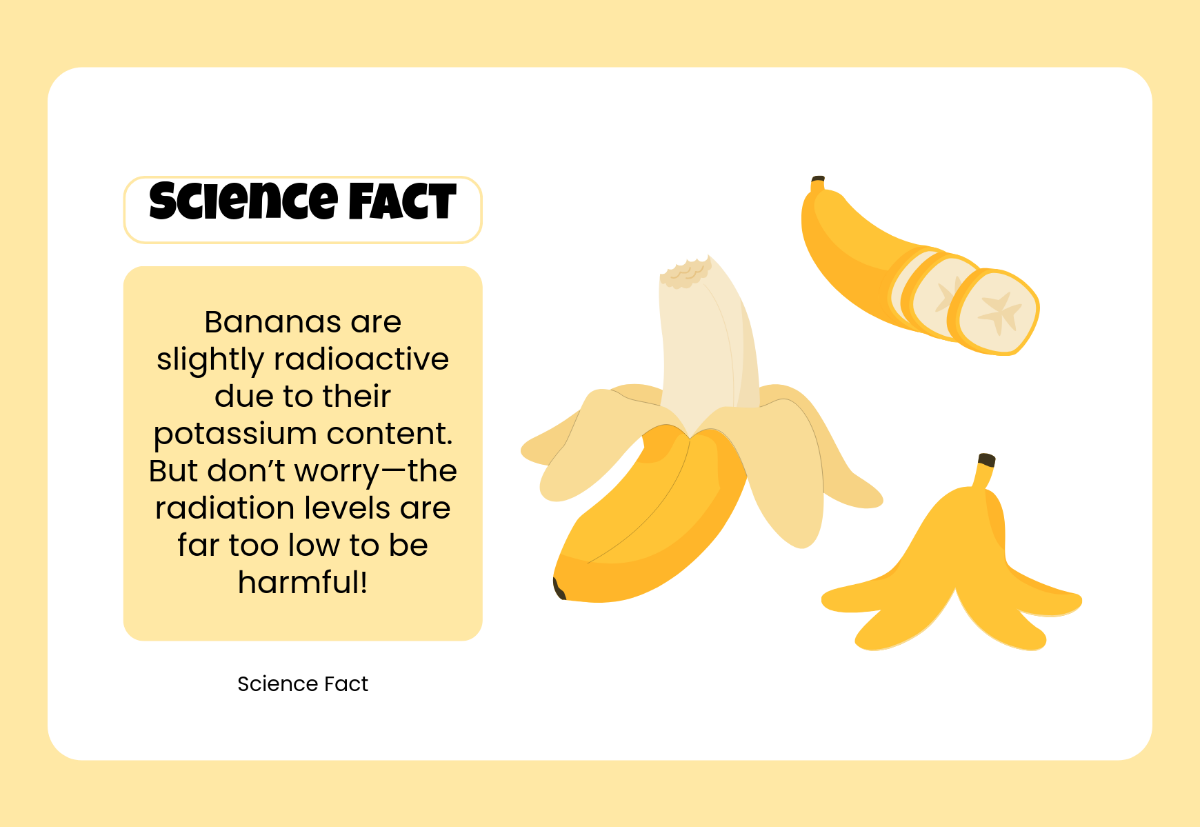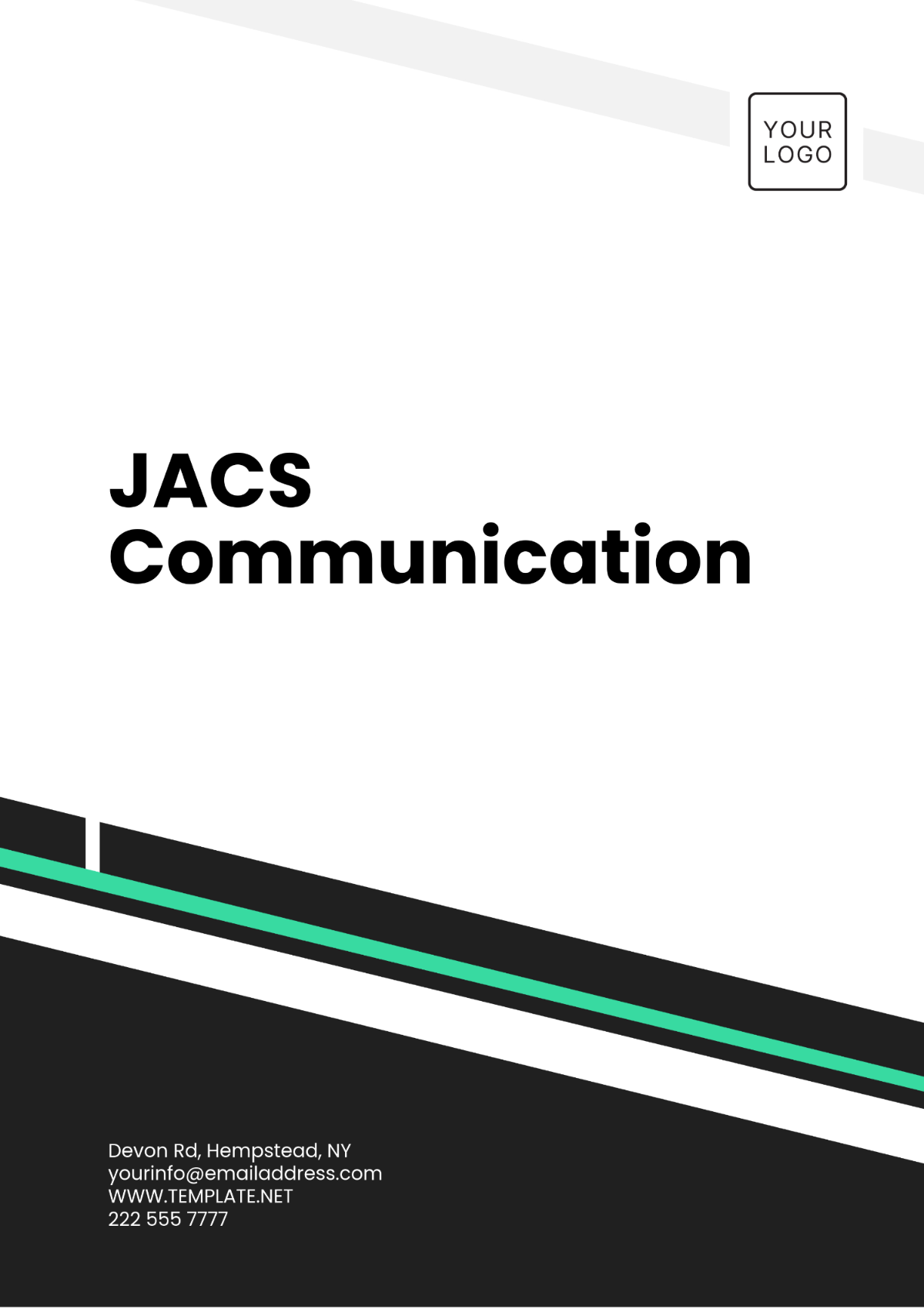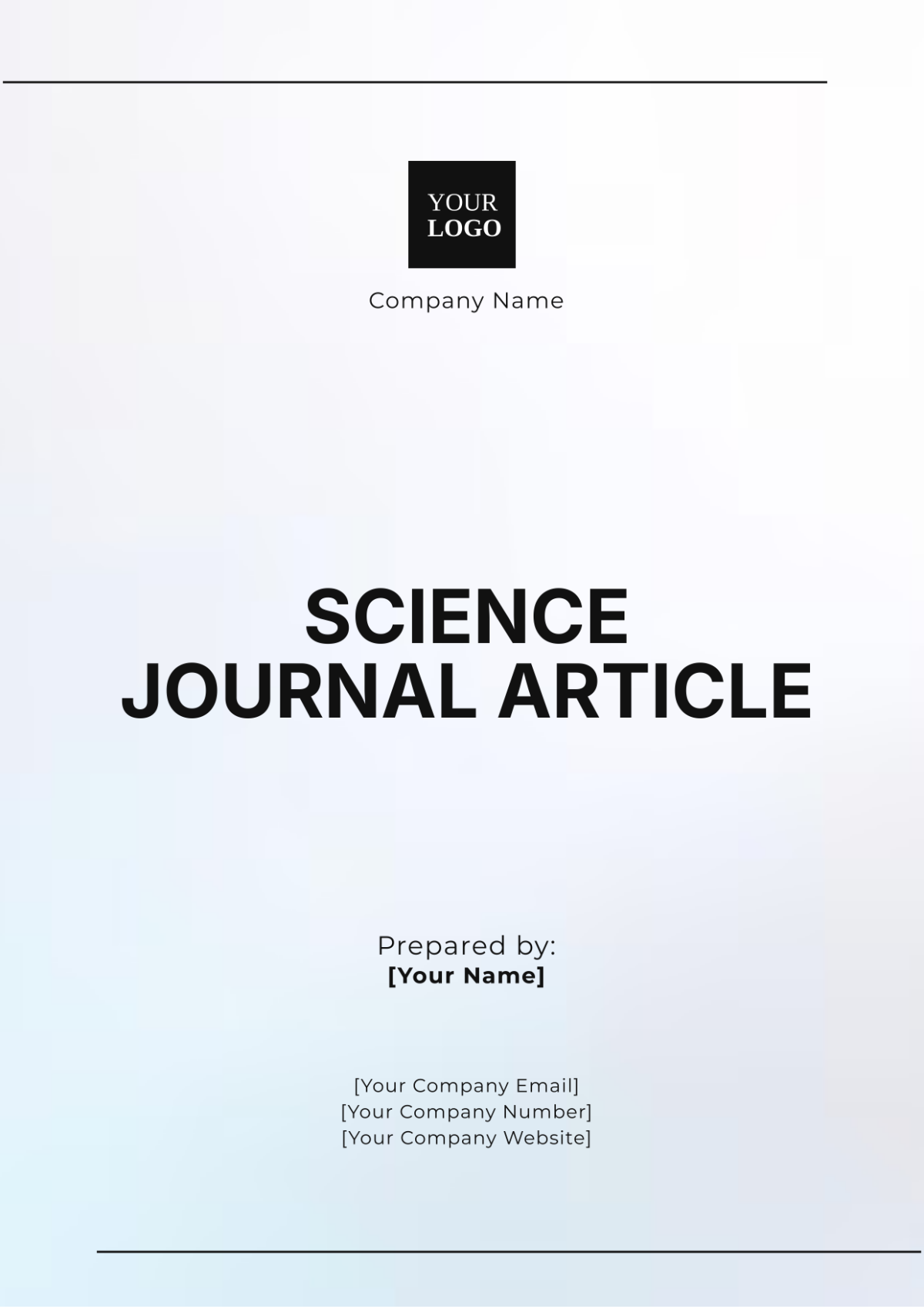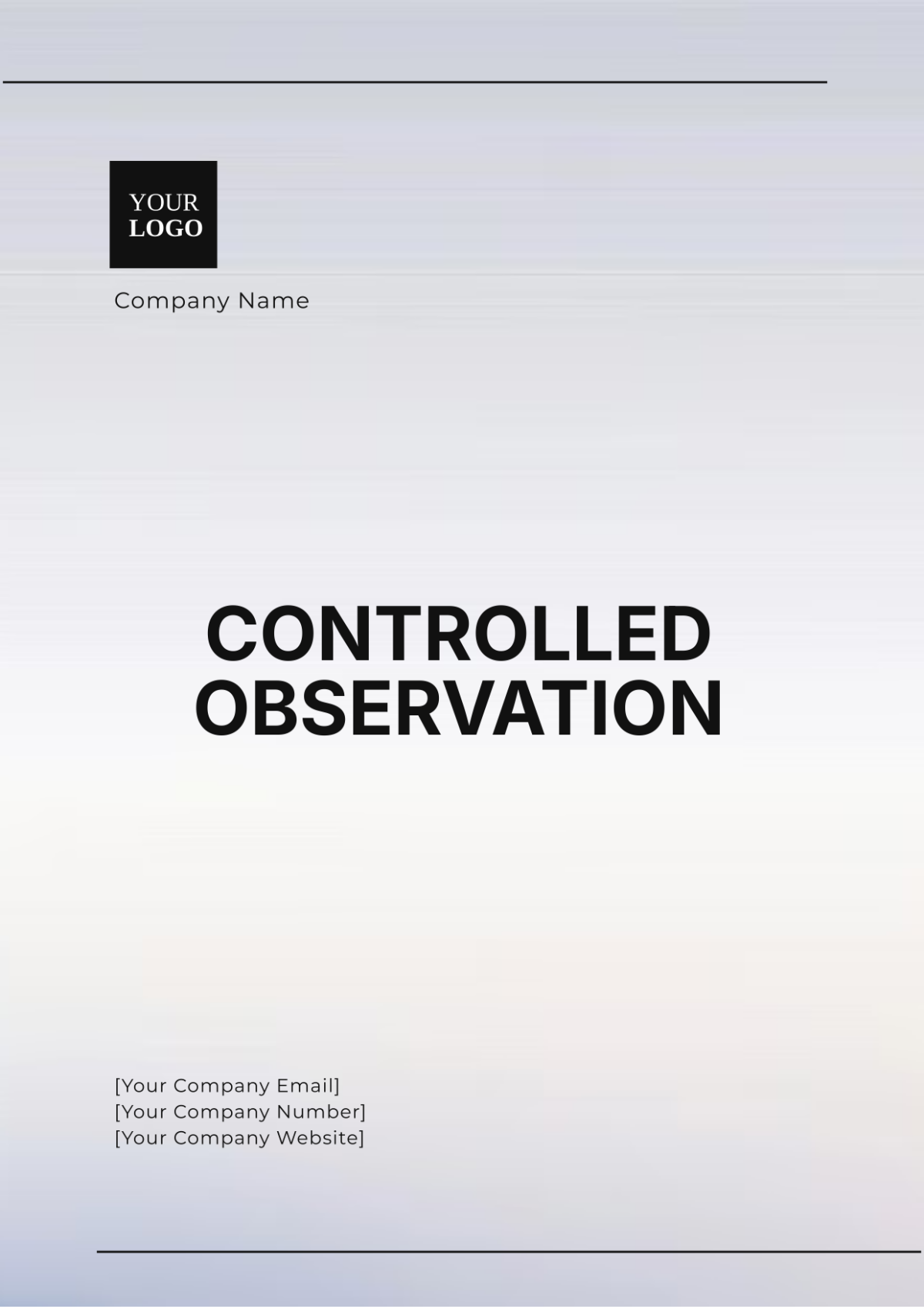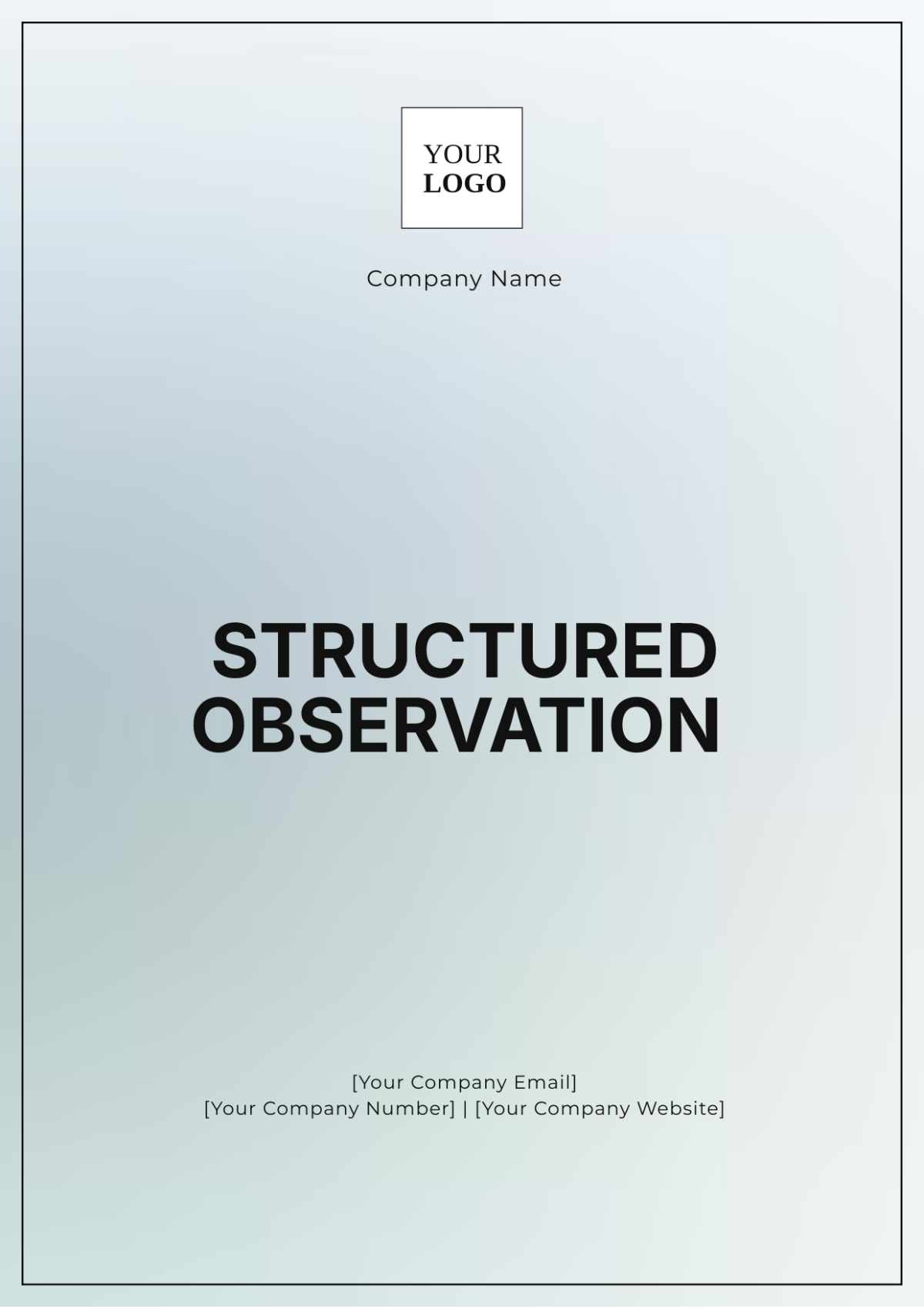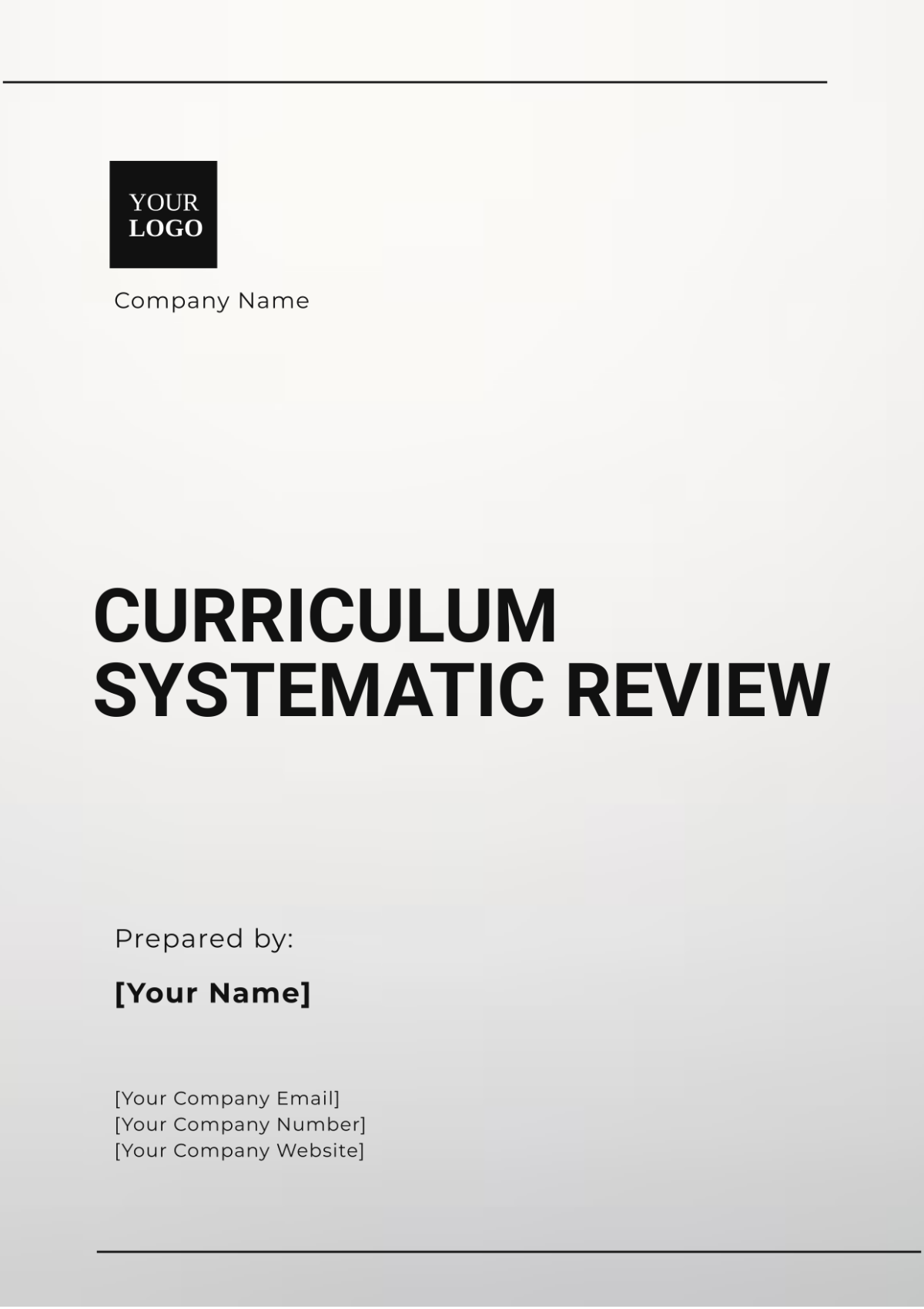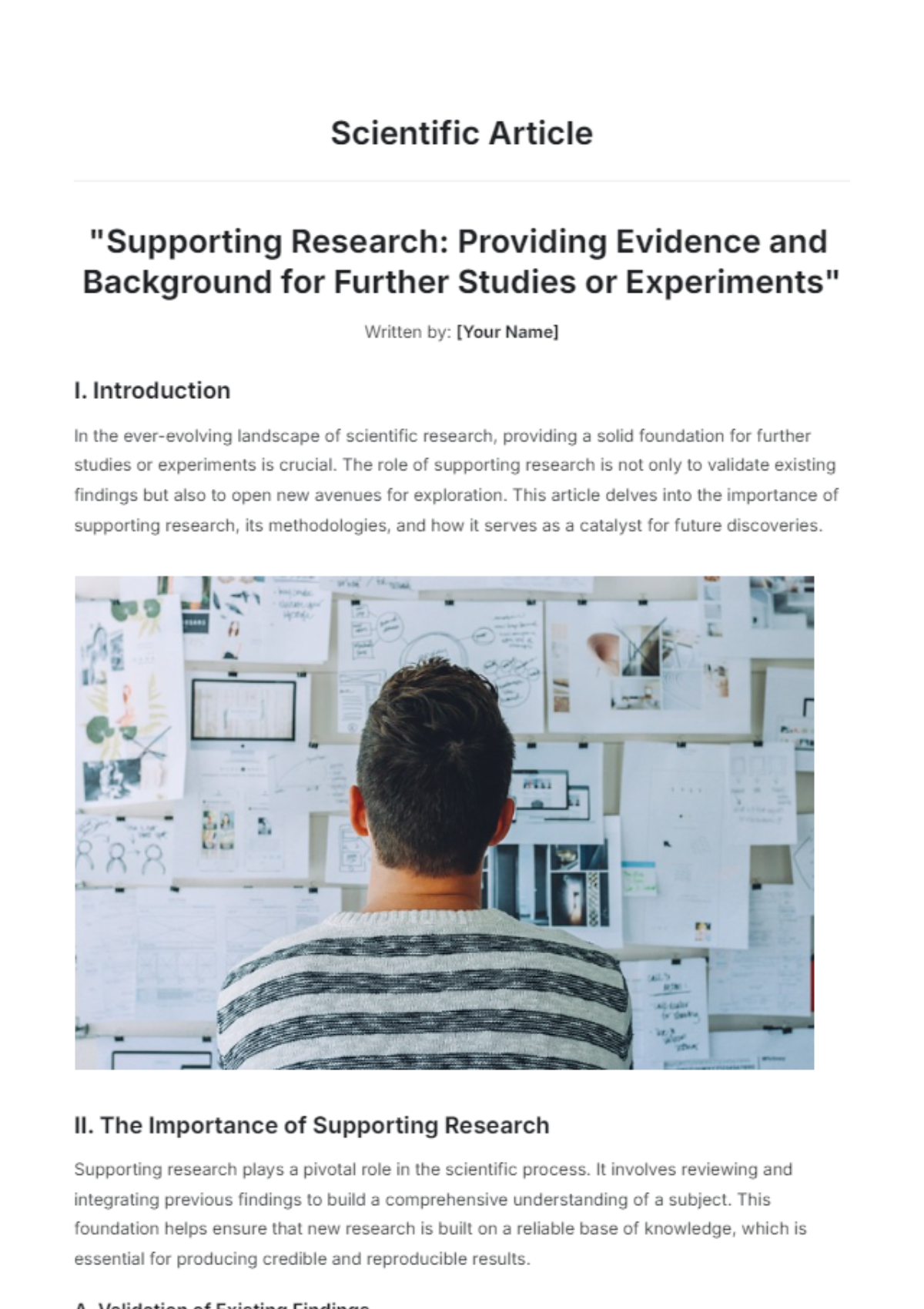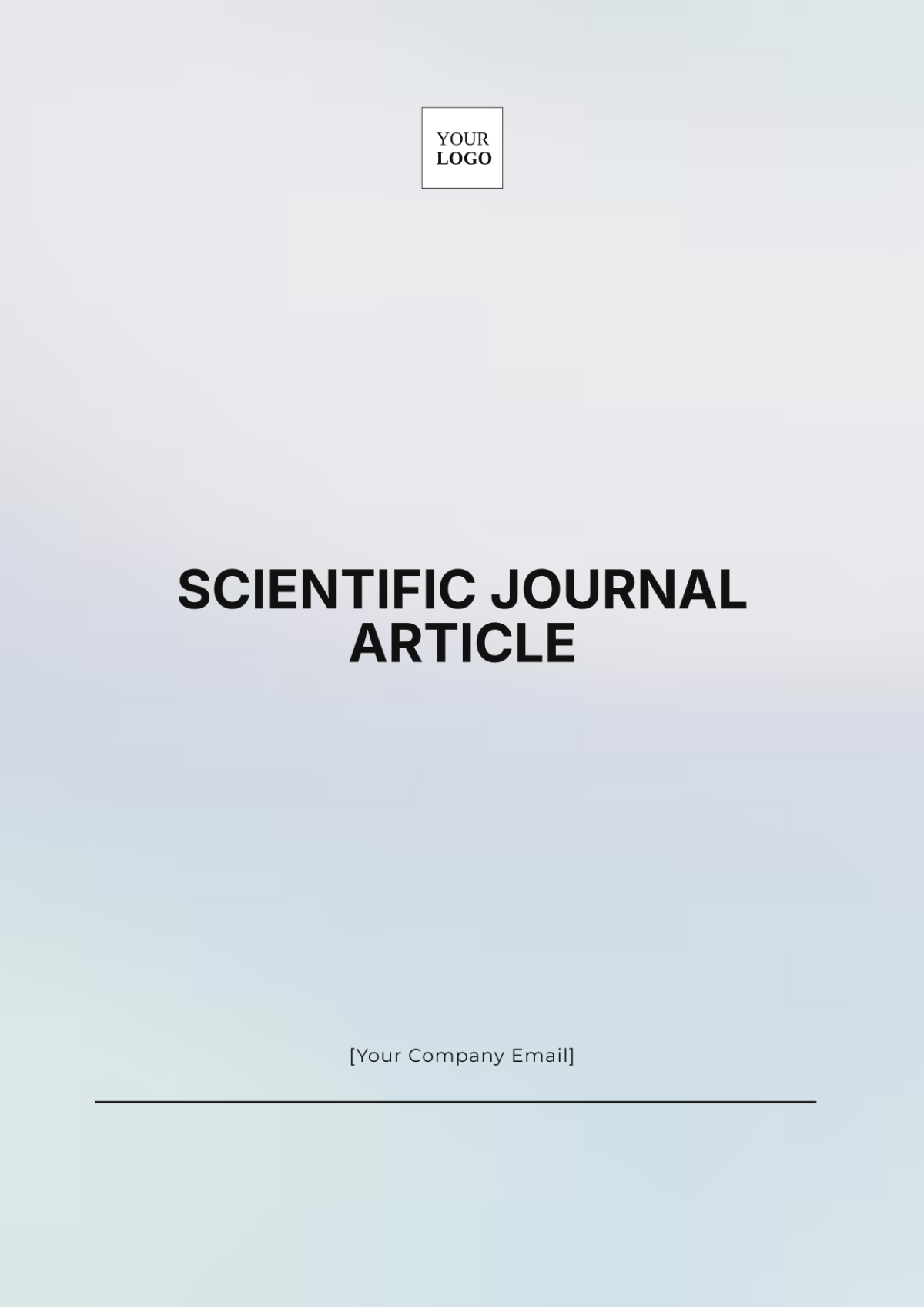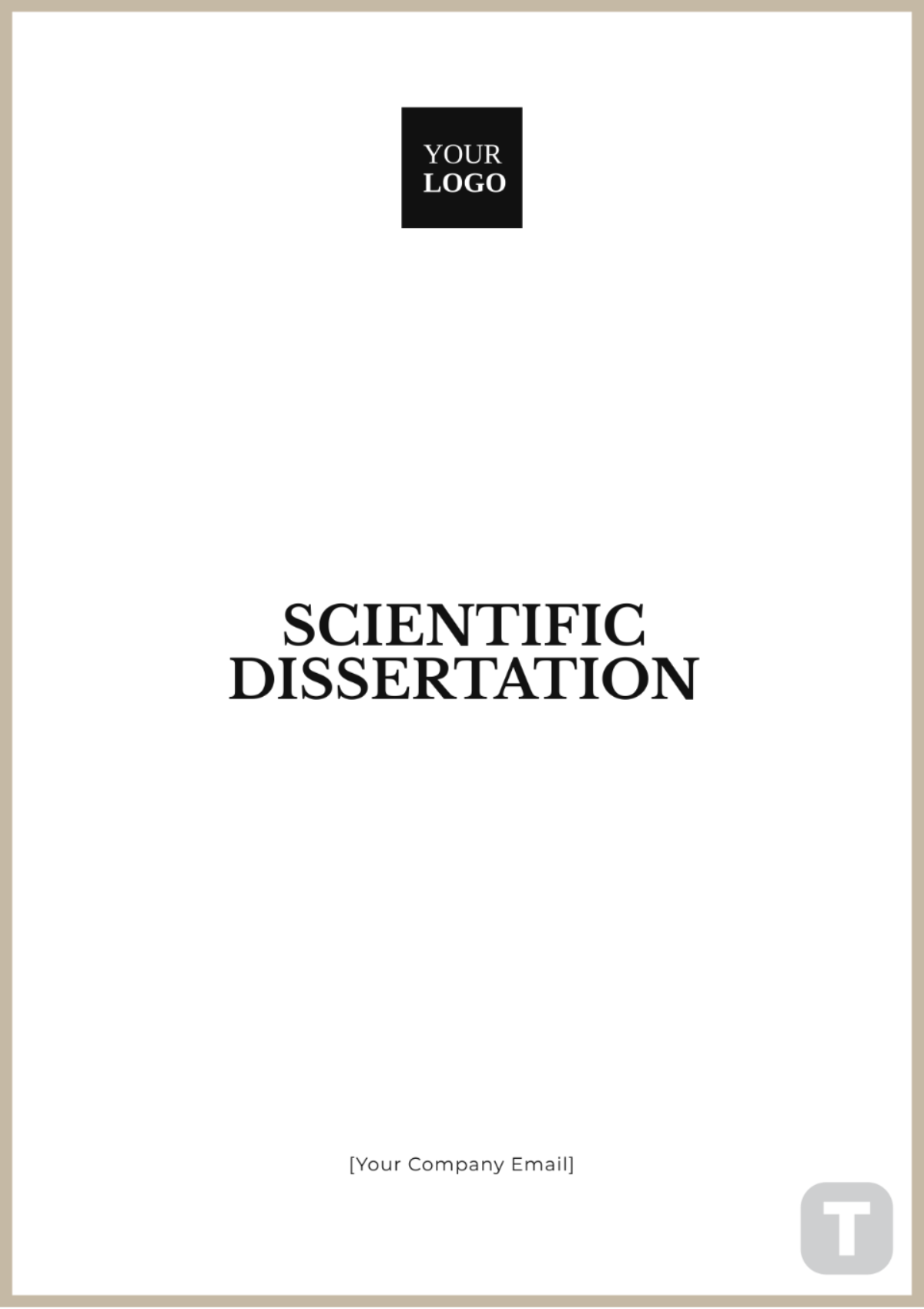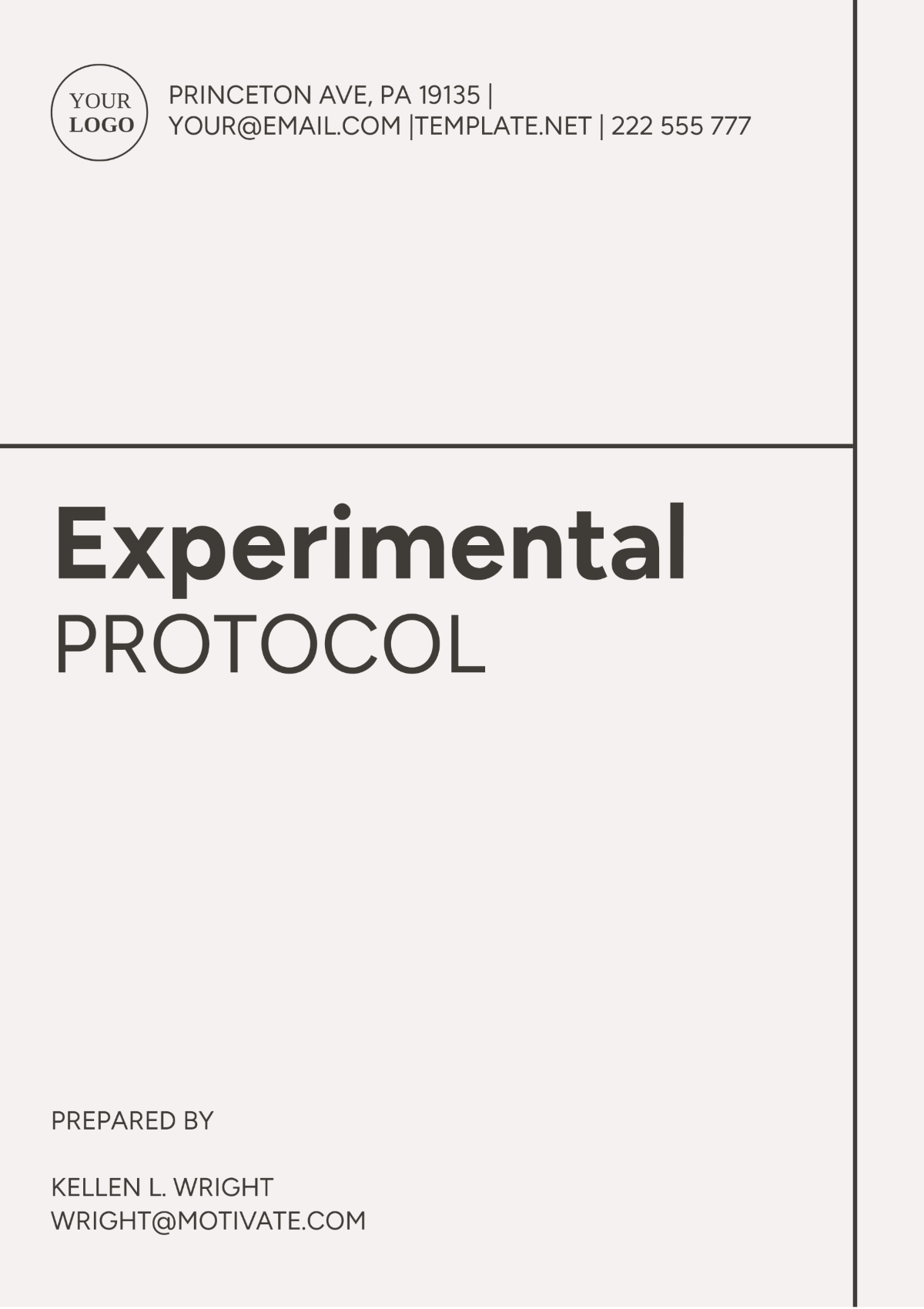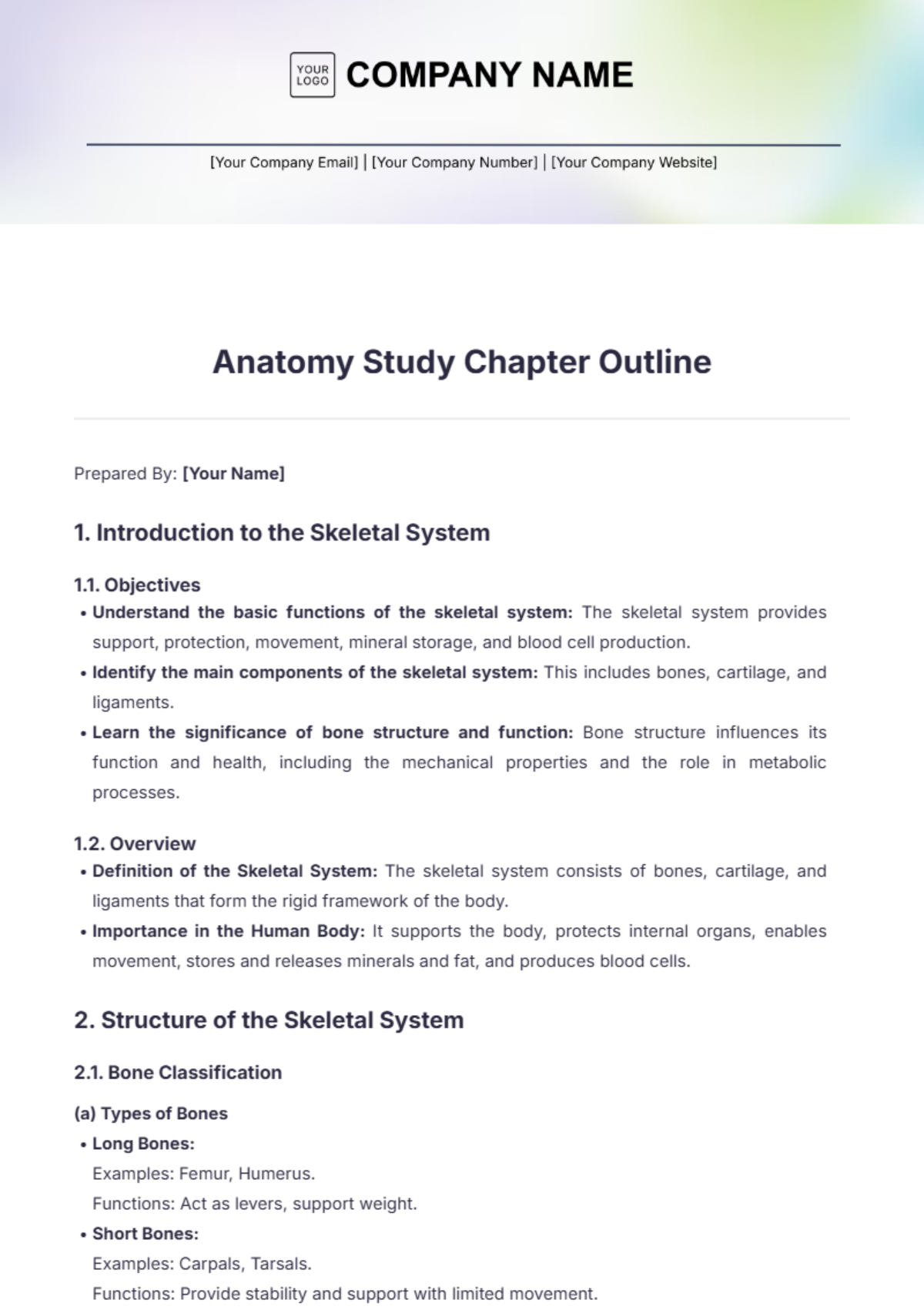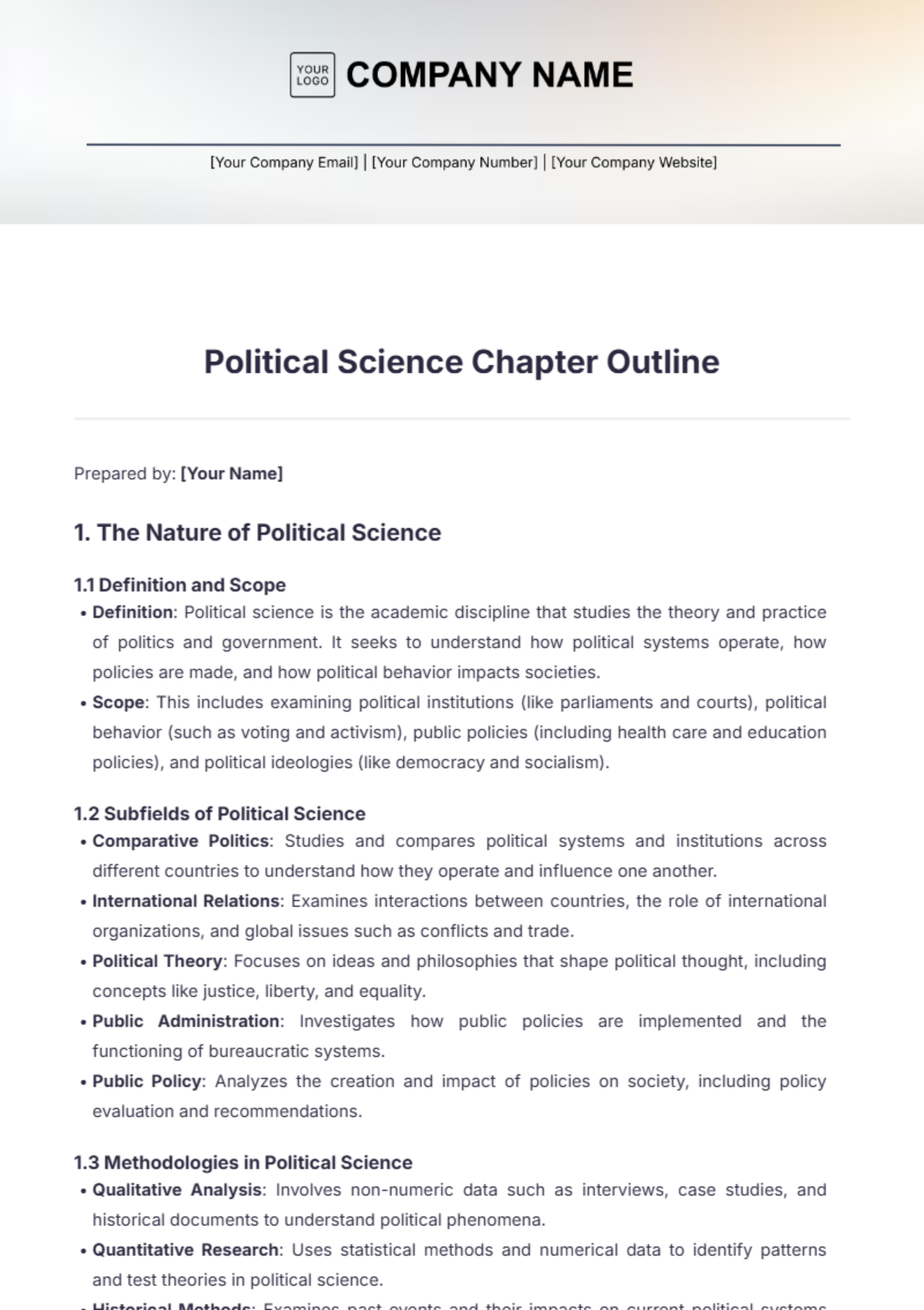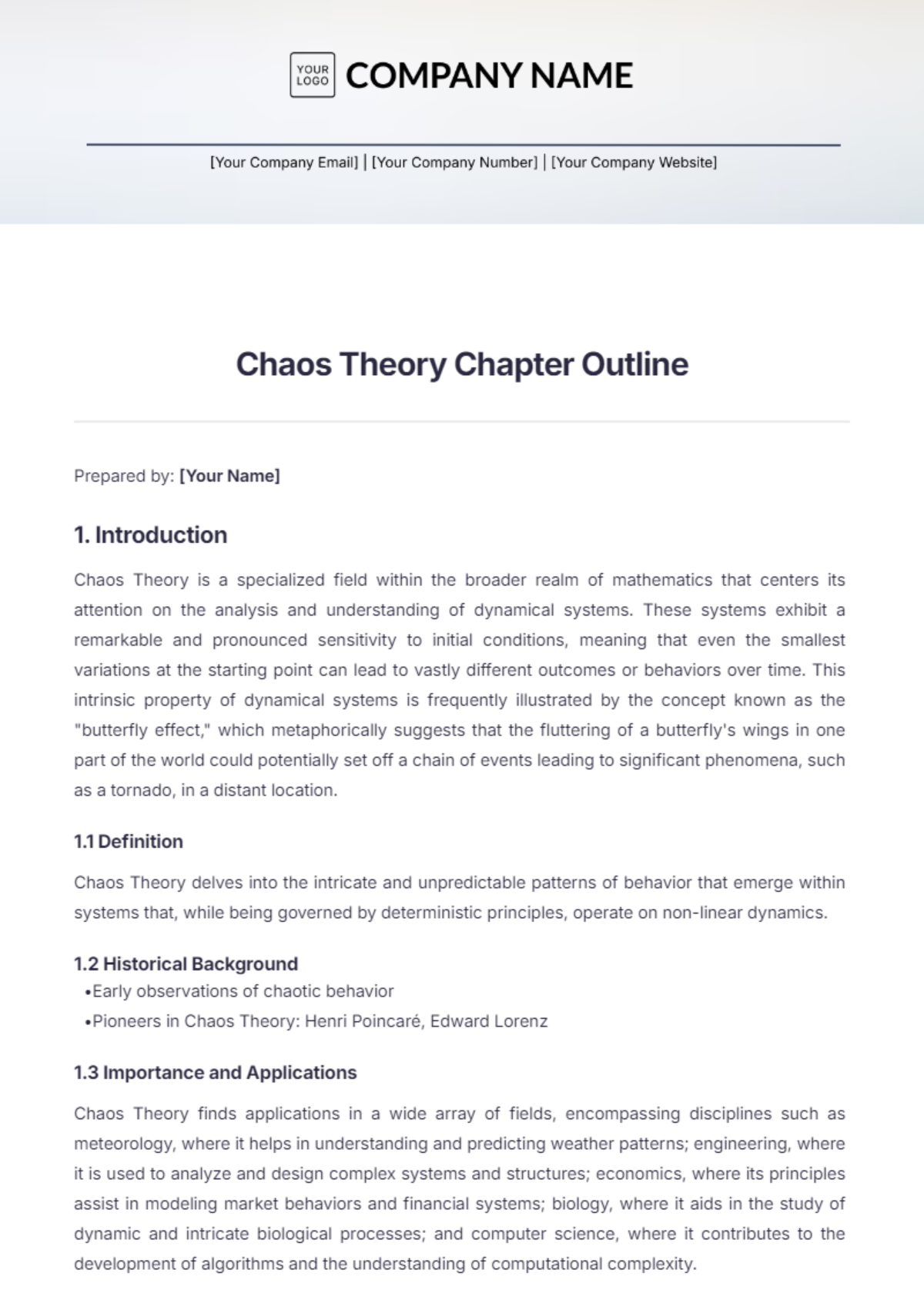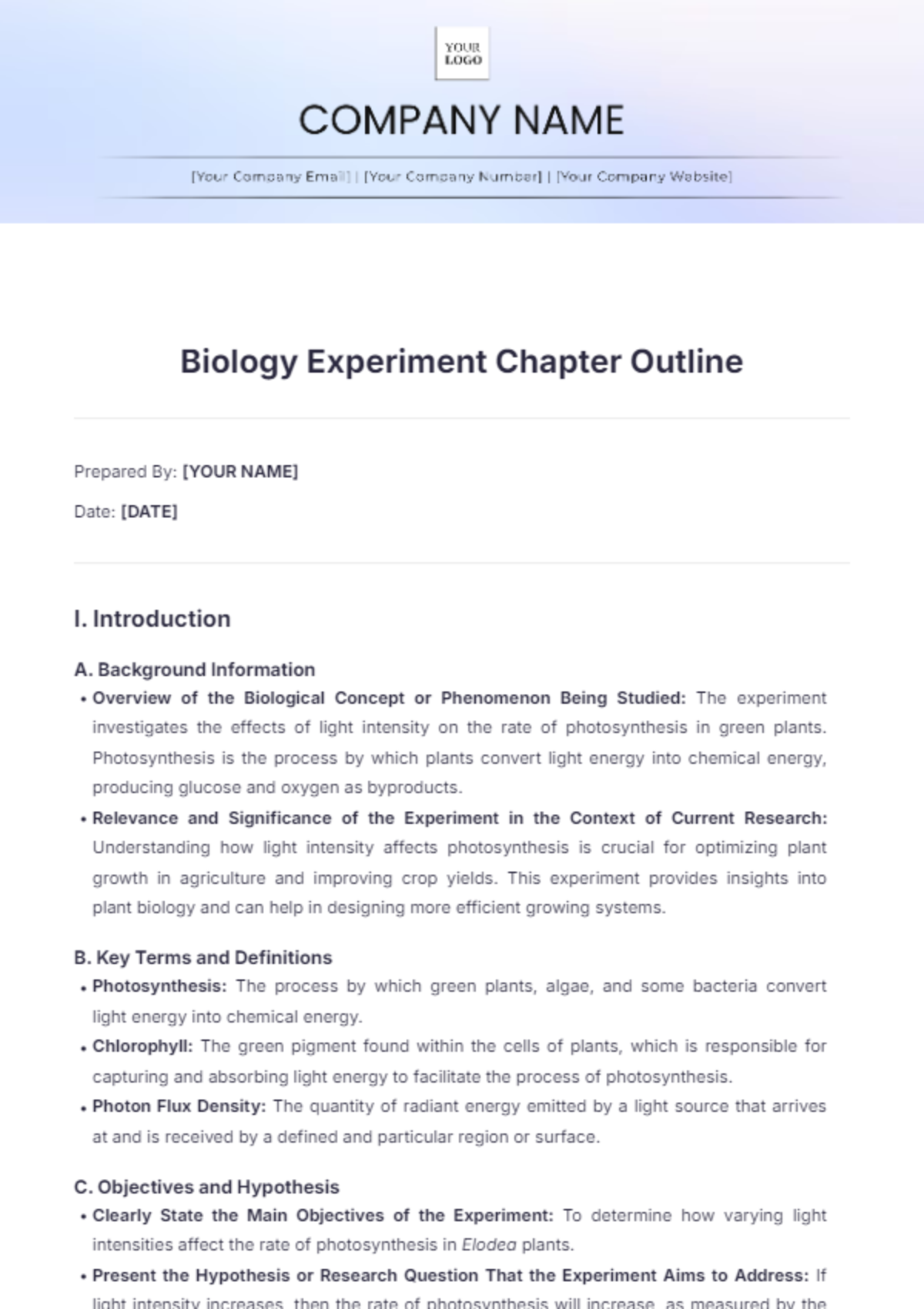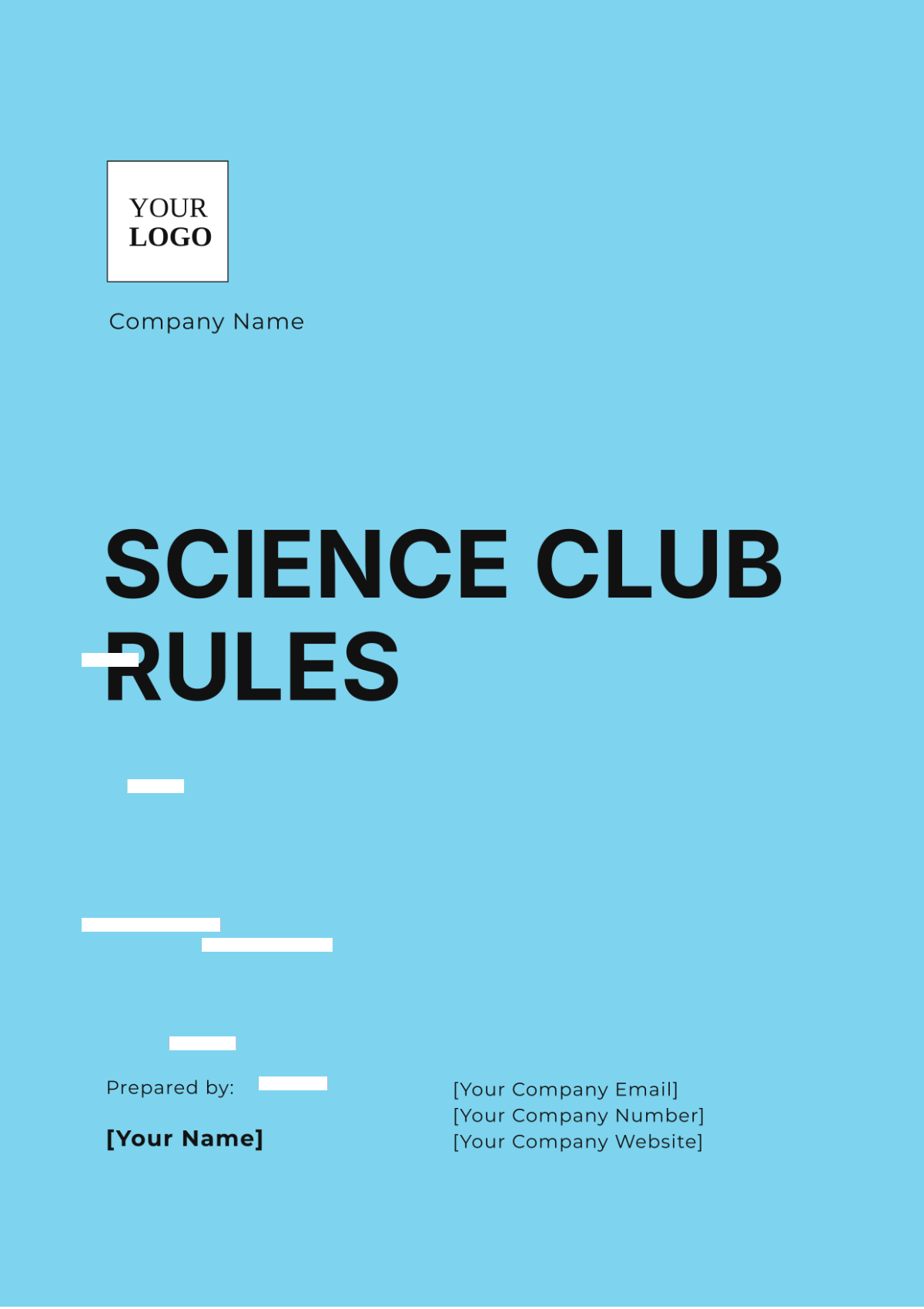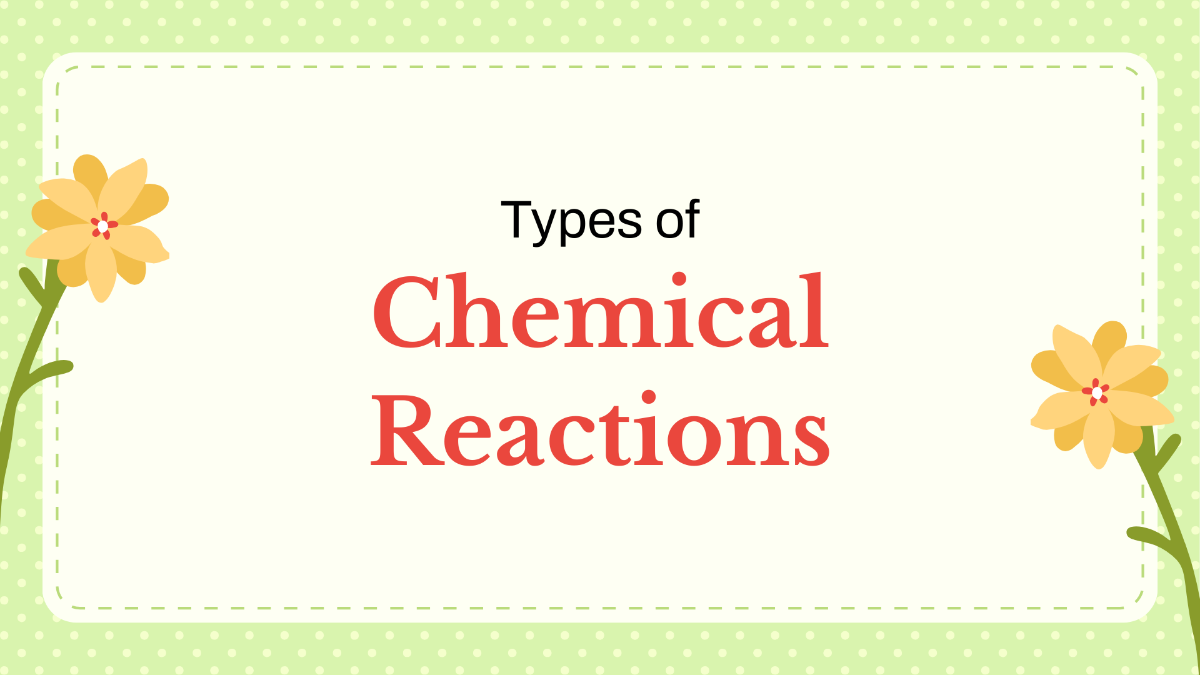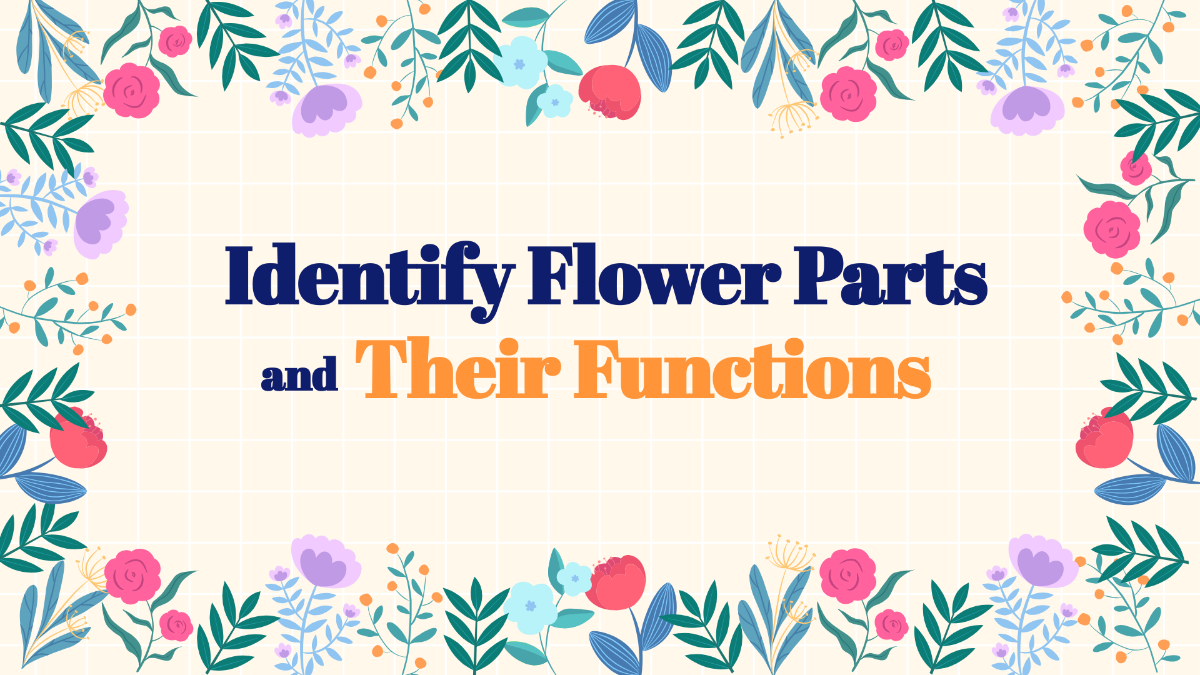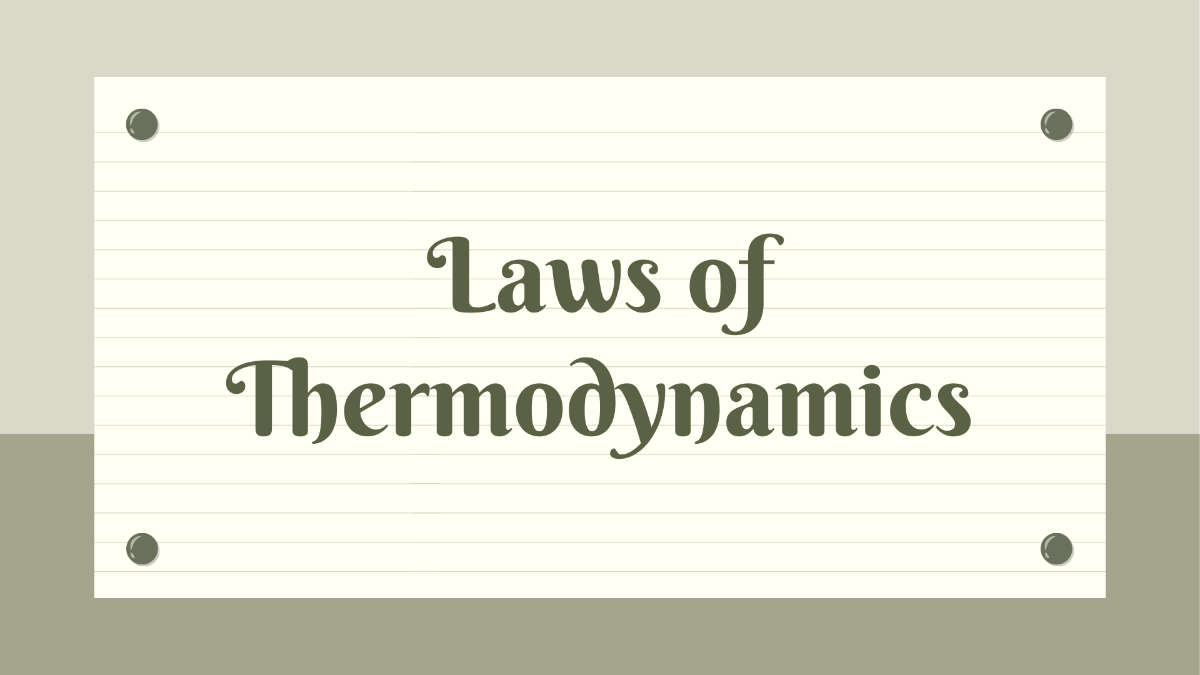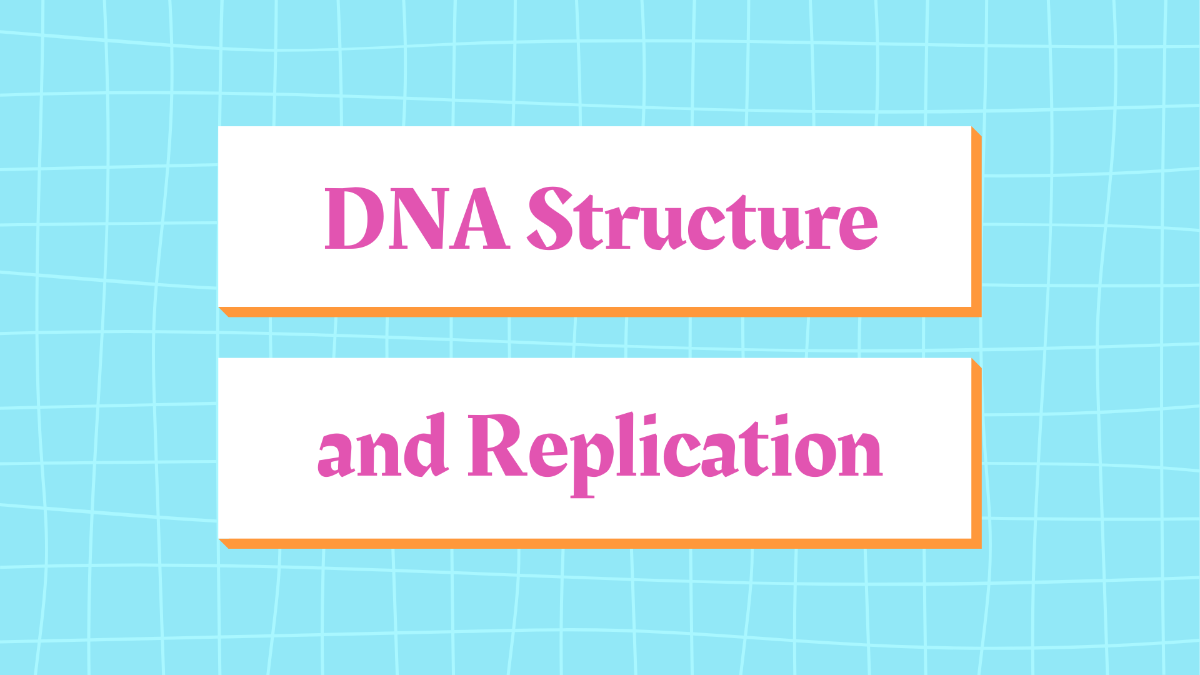Controlled Observation
Introduction
Controlled observation is a method of scientific investigation that involves the systematic and structured observation of behavior under controlled conditions. This type of observational study provides high levels of reliability and validity due to the standardized procedures and the ability to manipulate variables to understand causality.
Key Characteristics of Controlled Observation
Standardization: Procedures are highly standardized to reduce variability and increase replicability.
Control Over Variables: Researchers manipulate and control external variables to determine their effects on the subject.
Quantifiable Data: Data is often collected in a format that allows for statistical analysis.
Artificial Setting: Observations are typically conducted in a laboratory or controlled environment.
Advantages of Controlled Observation
High Reliability: The standardized methods ensure that studies can be replicated with similar results.
Reduces Extraneous Variables: Controlling the environment minimizes the impact of external factors.
Enables Causal Inferences: Manipulating variables allows researchers to infer causality.
Precision: Controlled settings can provide more accurate and precise measurements.
Disadvantages of Controlled Observation
Lack of Ecological Validity: Artificial settings may not accurately represent real-world scenarios.
Observer Bias: Researchers' expectations can influence their observations and interpretations.
Ethical Concerns: Manipulating variables can raise ethical questions, especially in studies involving human subjects.
Cost and Time: Controlled observational studies can be expensive and time-consuming.
Applications of Controlled Observation
Controlled observation is used in a variety of fields such as psychology, education, medicine, and social sciences. It is particularly useful in experimental studies where the researcher aims to establish cause-and-effect relationships.
Field | Example Application |
|---|---|
Psychology | Studying the effects of different stimuli on behavior |
Education | Evaluating the impact of teaching methods on student performance |
Medicine | Testing the efficacy of new drugs |
Social Sciences | Observing the impact of social policies on behavior |
Case Study: The Bobo Doll Experiment
A classic example of controlled observation is Albert Bandura's Bobo Doll Experiment (1961), which investigated whether children learn aggression through imitation. The study involved children observing an adult acting aggressively towards a Bobo doll in a controlled environment, followed by an observation of the child's behavior towards the doll.
Ethical Considerations
Ethics in controlled observation are paramount, particularly when human participants are involved. Researchers must ensure informed consent, protect participants from harm, and maintain confidentiality. Ethical guidelines are established by organizations like the American Psychological Association (APA) and Institutional Review Boards (IRB).
Conclusion
Controlled observation is a vital methodological tool in various scientific disciplines. While it offers high reliability and the ability to make causal inferences, it is essential to balance these advantages with ethical considerations and awareness of the limitations regarding ecological validity and observer bias.
References
Bandura, A., Ross, D., & Ross, S. A. (1961). Transmission of aggression through imitation of aggressive models. Journal of Abnormal and Social Psychology, 63(3), 575-582.
American Psychological Association. (2020). Publication Manual of the American Psychological Association (7th ed.). Washington, DC: Author.
